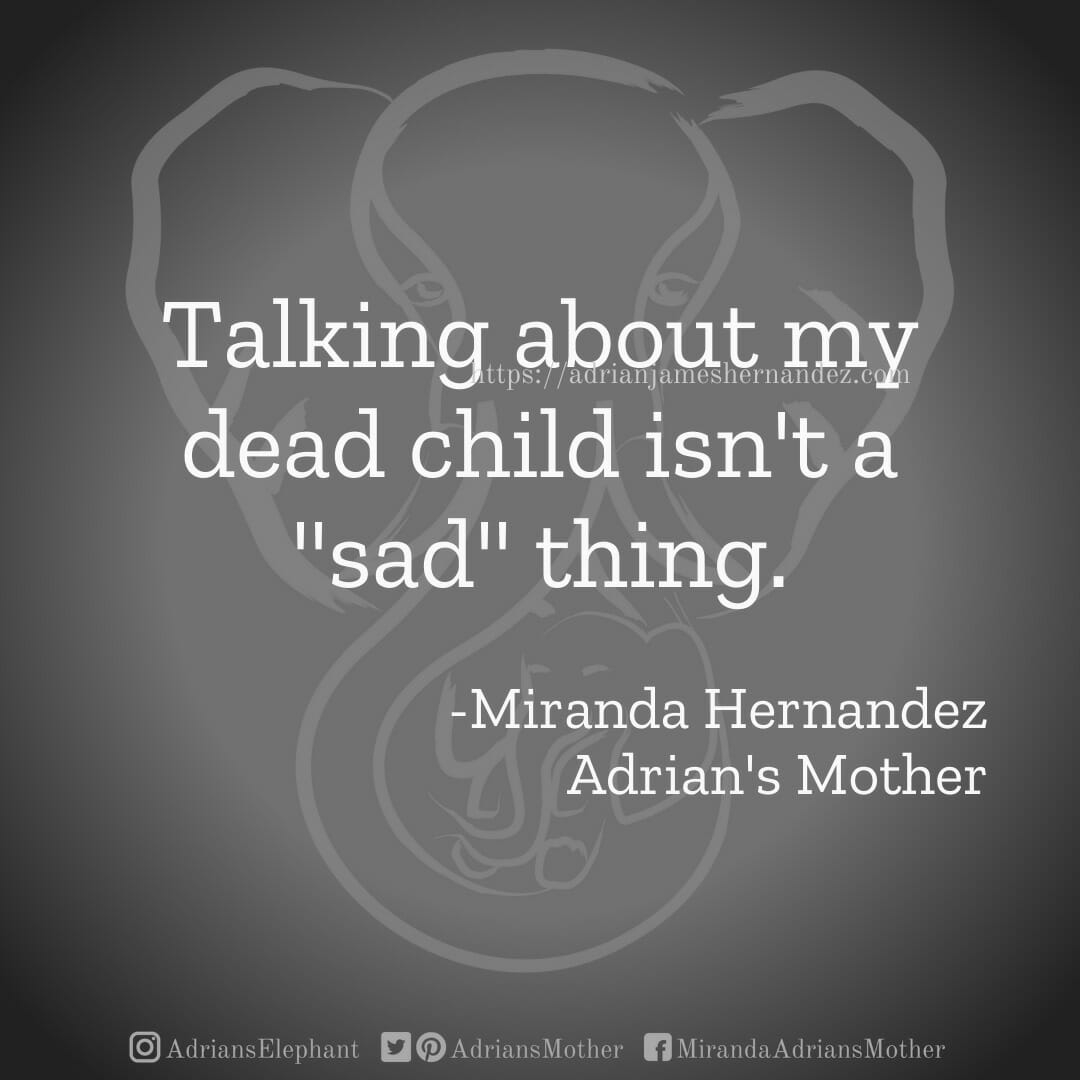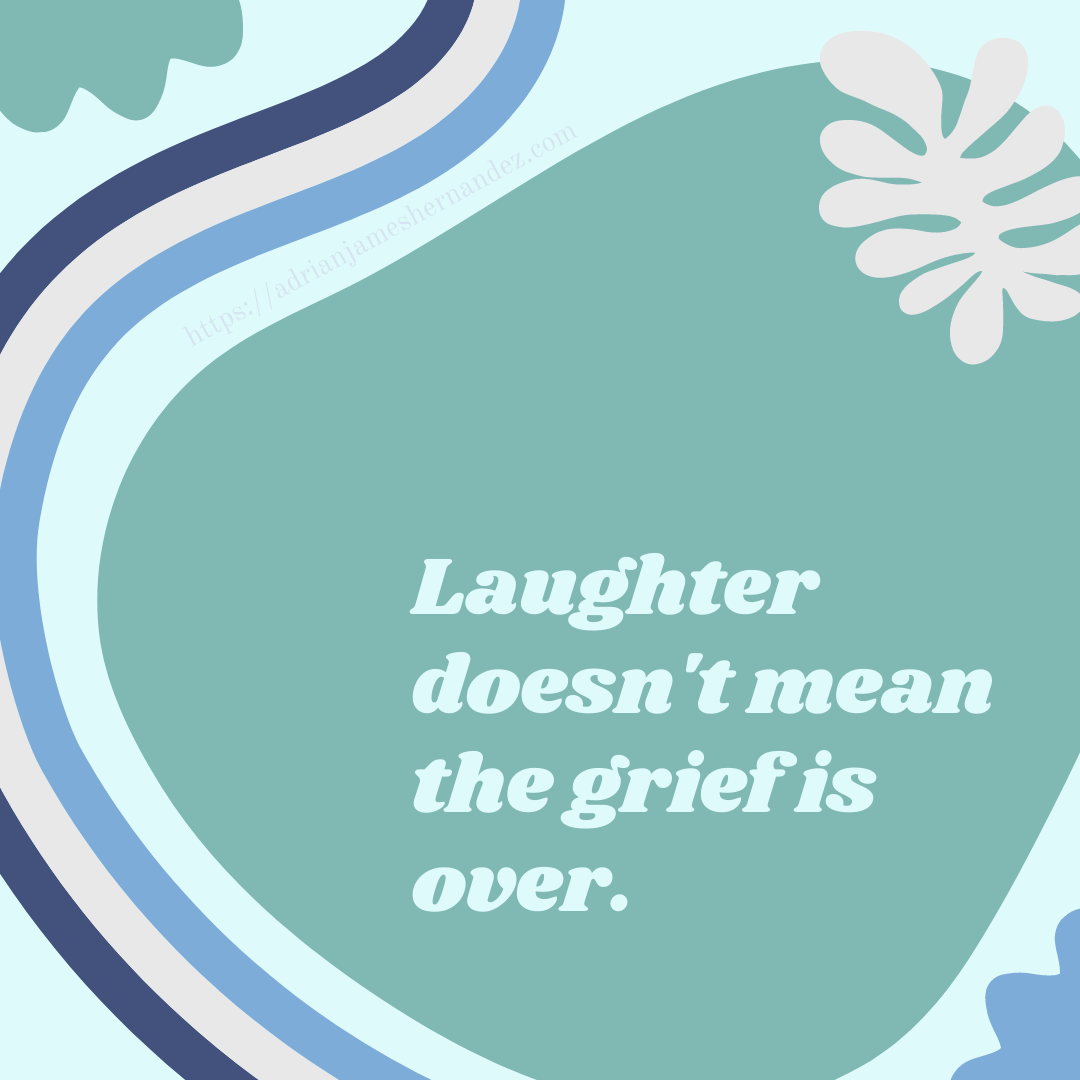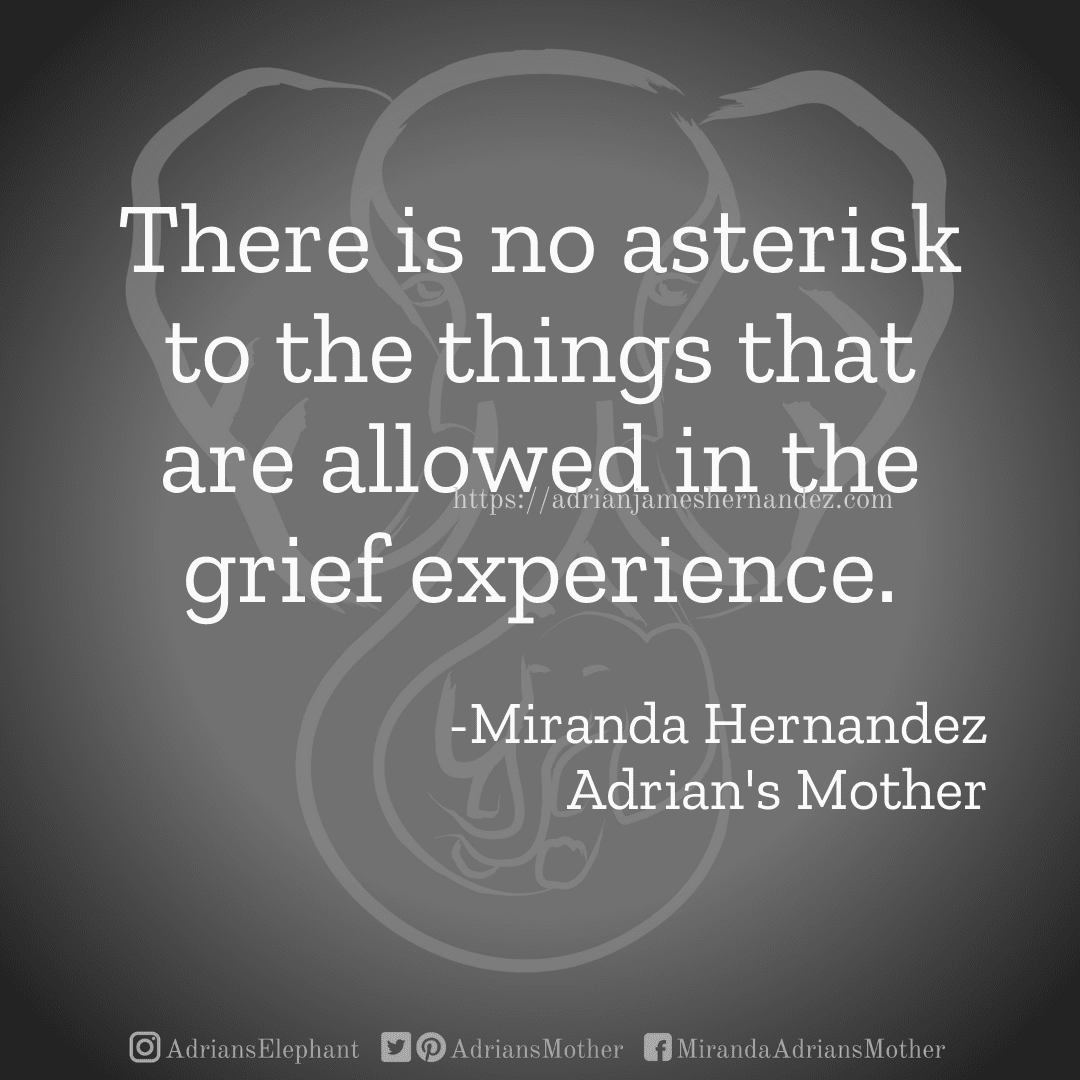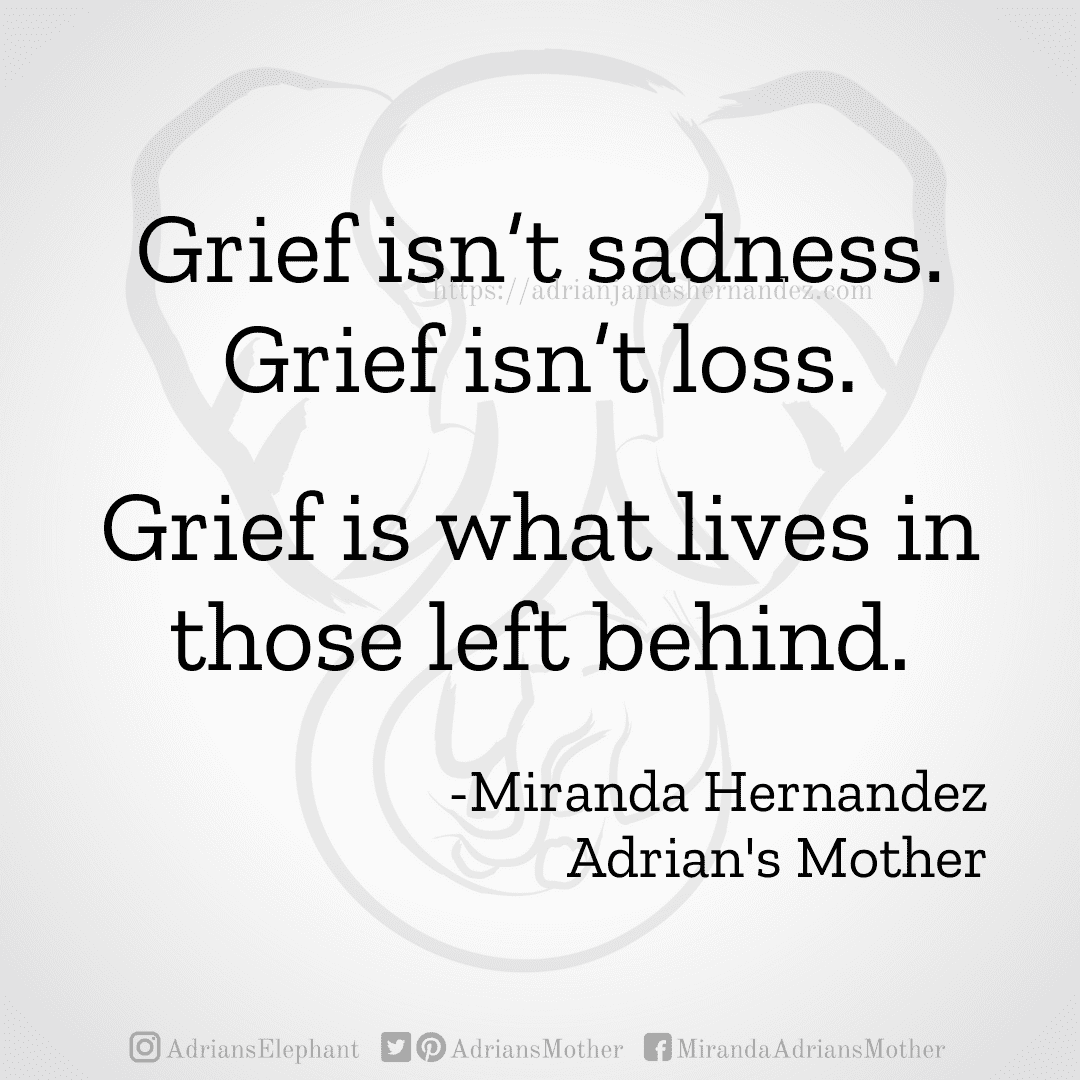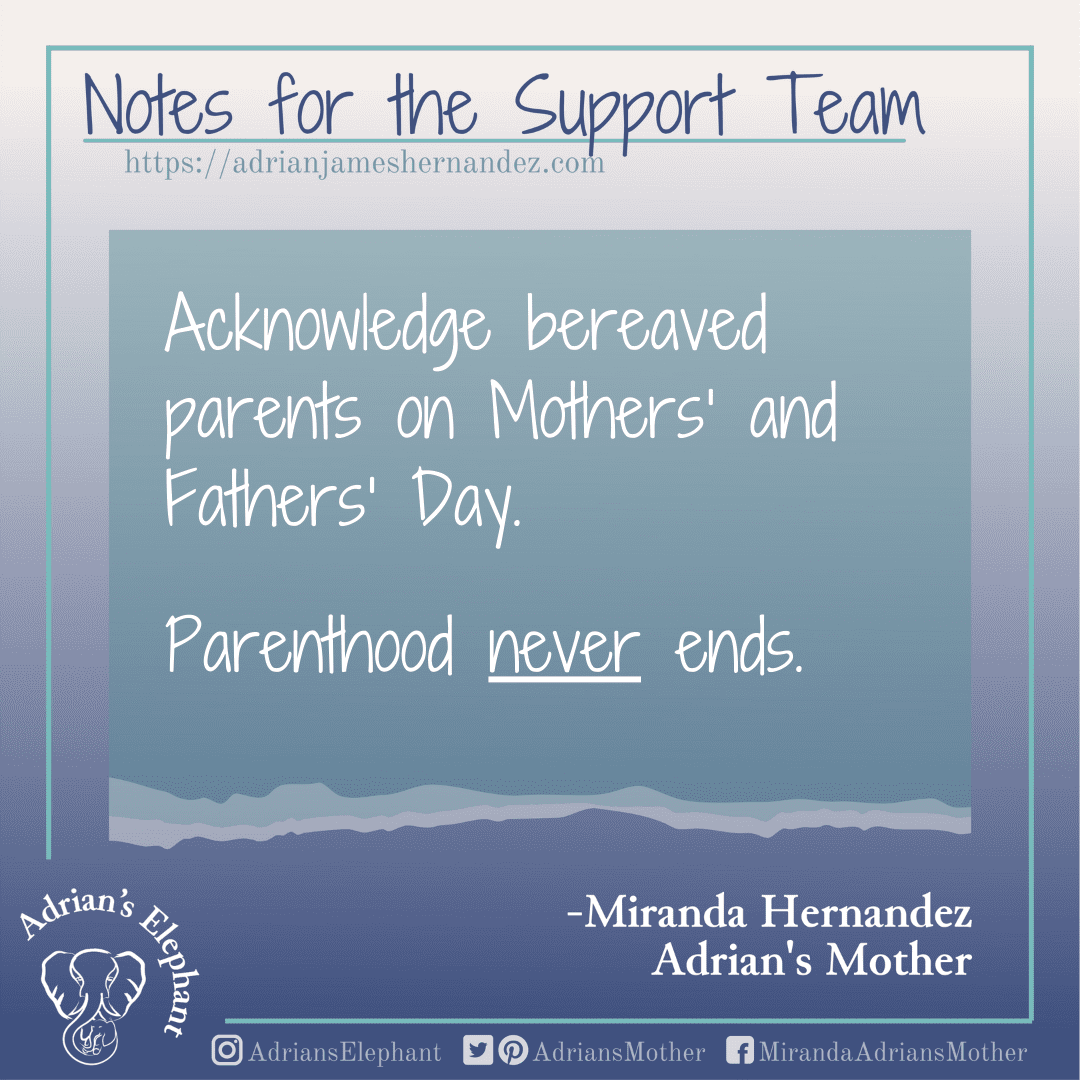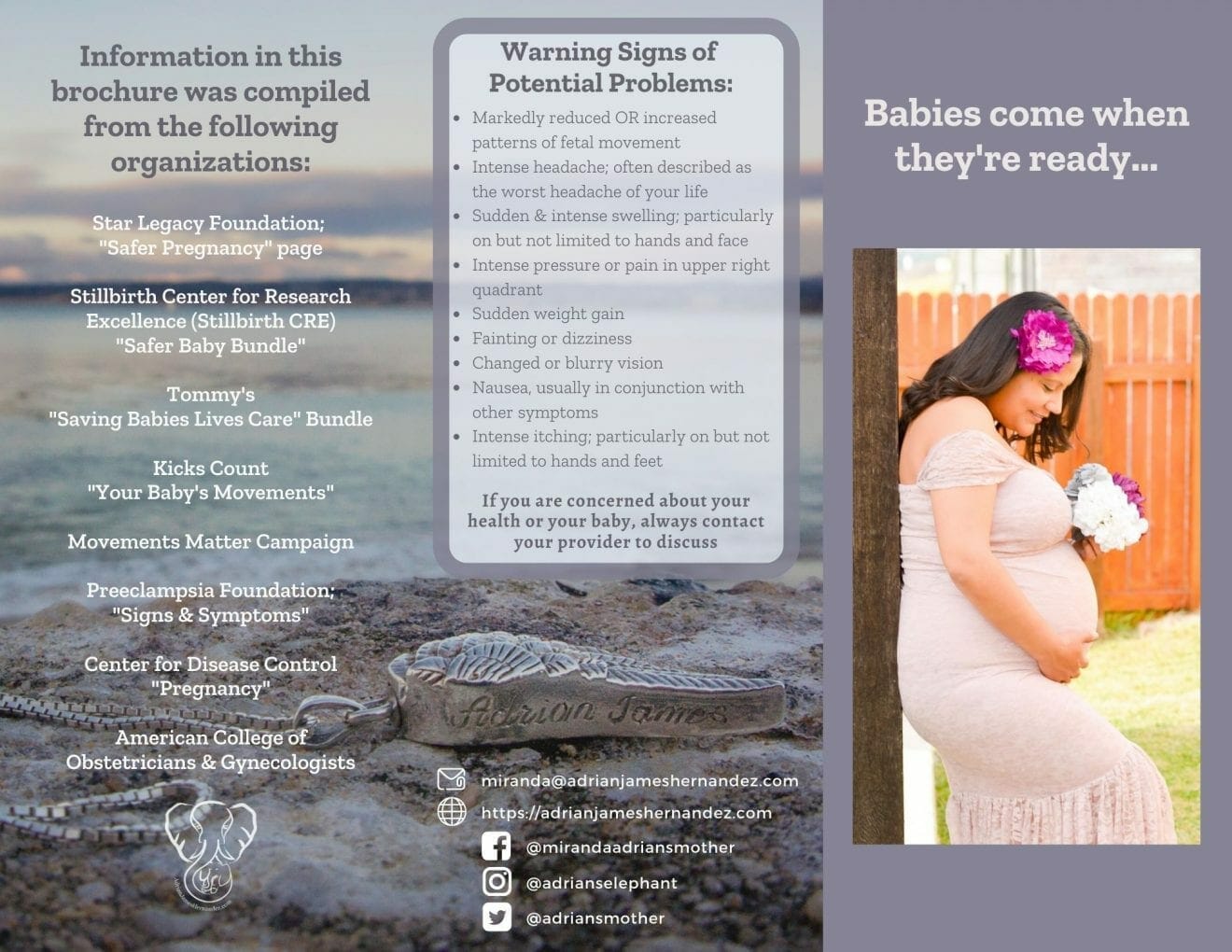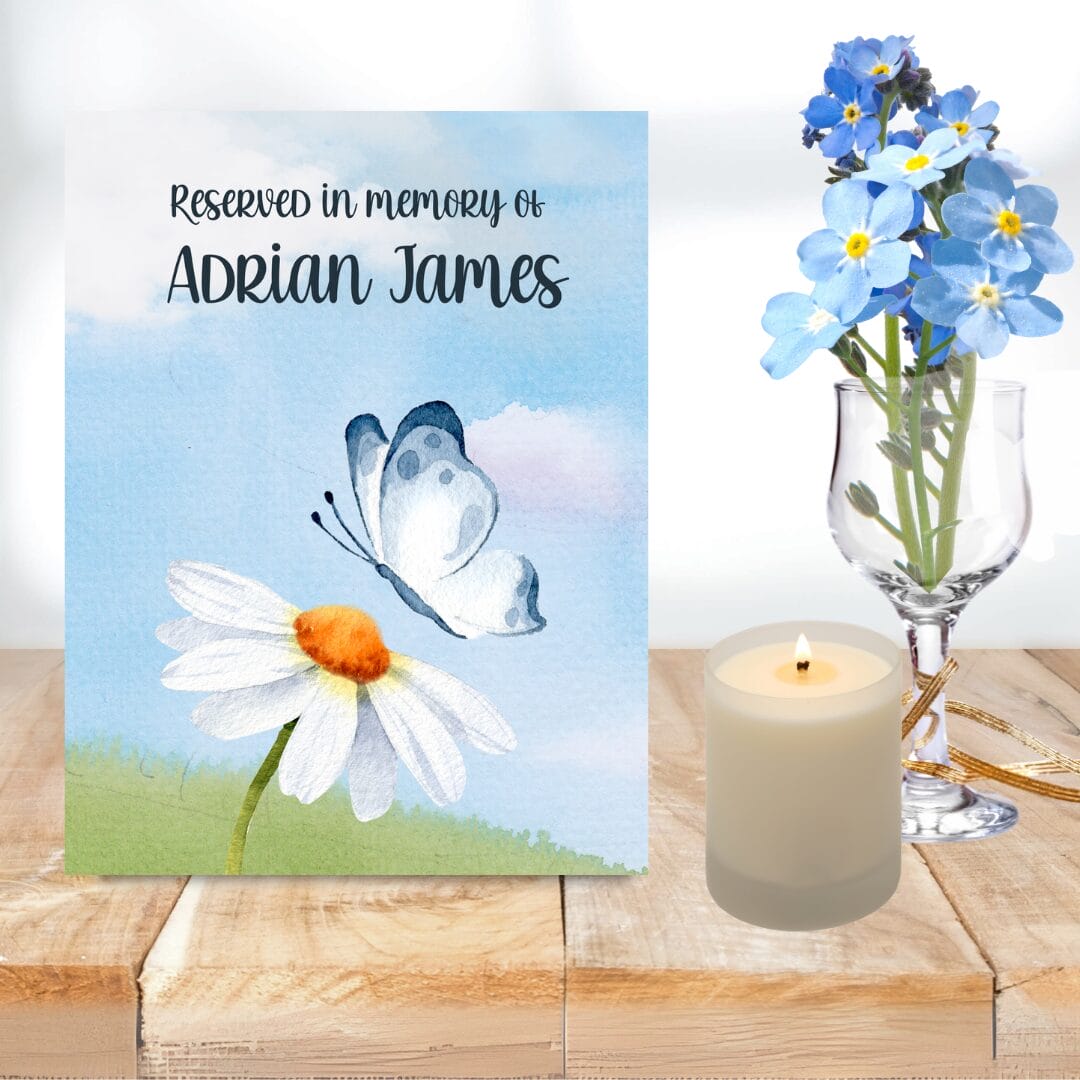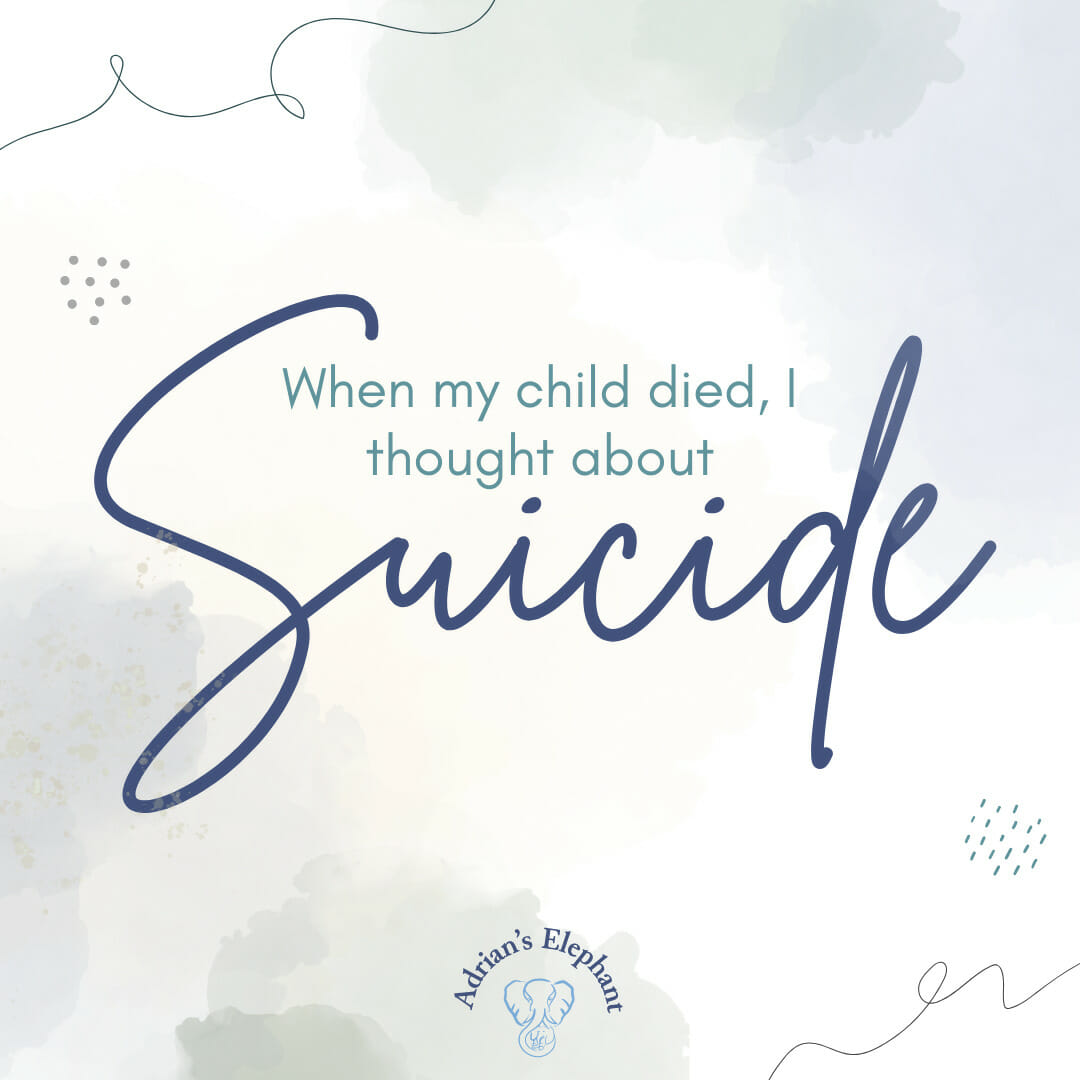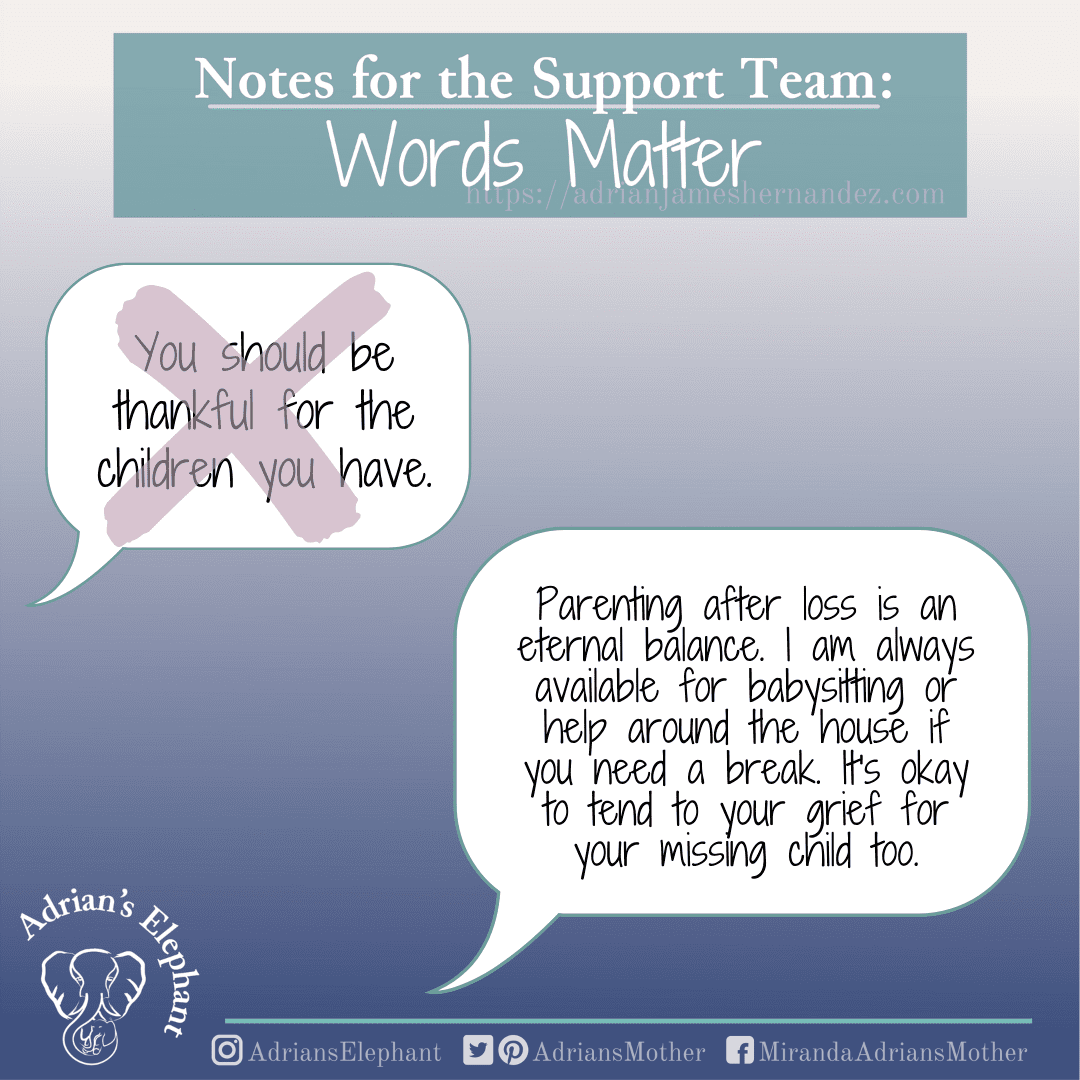Survivor’s bias is a logical fallacy that equates the experience of those who survived an experience with “proof” that such an experience is safe. It’s a fallacy, because it implies that one person’s positive outcome is automatically going to apply for everyone, but this isn’t true.
One person may drink and drive and get home perfectly fine. This doesn’t mean drinking and driving is safe. In fact, many people who drink and drive get into accidents, and sometimes they cause injury to other people as well.
Some people may smoke their whole life, and never experience lung cancer or emphysema. This doesn’t mean smoking is safe. In fact, smokers are at higher risk of developing illnesses like cancer. It won’t happen to everyone, but the risk is there.
Many people may choose to forgo certain tests or procedures in pregnancy, and still come home with a healthy child. This doesn’t mean forgoing those tests and procedures is safe. In fact, recommended tests and procedures often prevent fetal death, and currently, it is “only” 1 in 160 pregnancies that ends in stillbirth. But many of those stillbirths could have been prevented. My son’s stillbirth was one of them.
And survivor’s bias does nothing except contribute to the notion that things with the potential to hurt other people are somehow still perfectly fine.
“I did it and I was fine.”
This is called survivors bias. Your singular experience is neither proof nor promise that dangerous things won’t hurt other people.


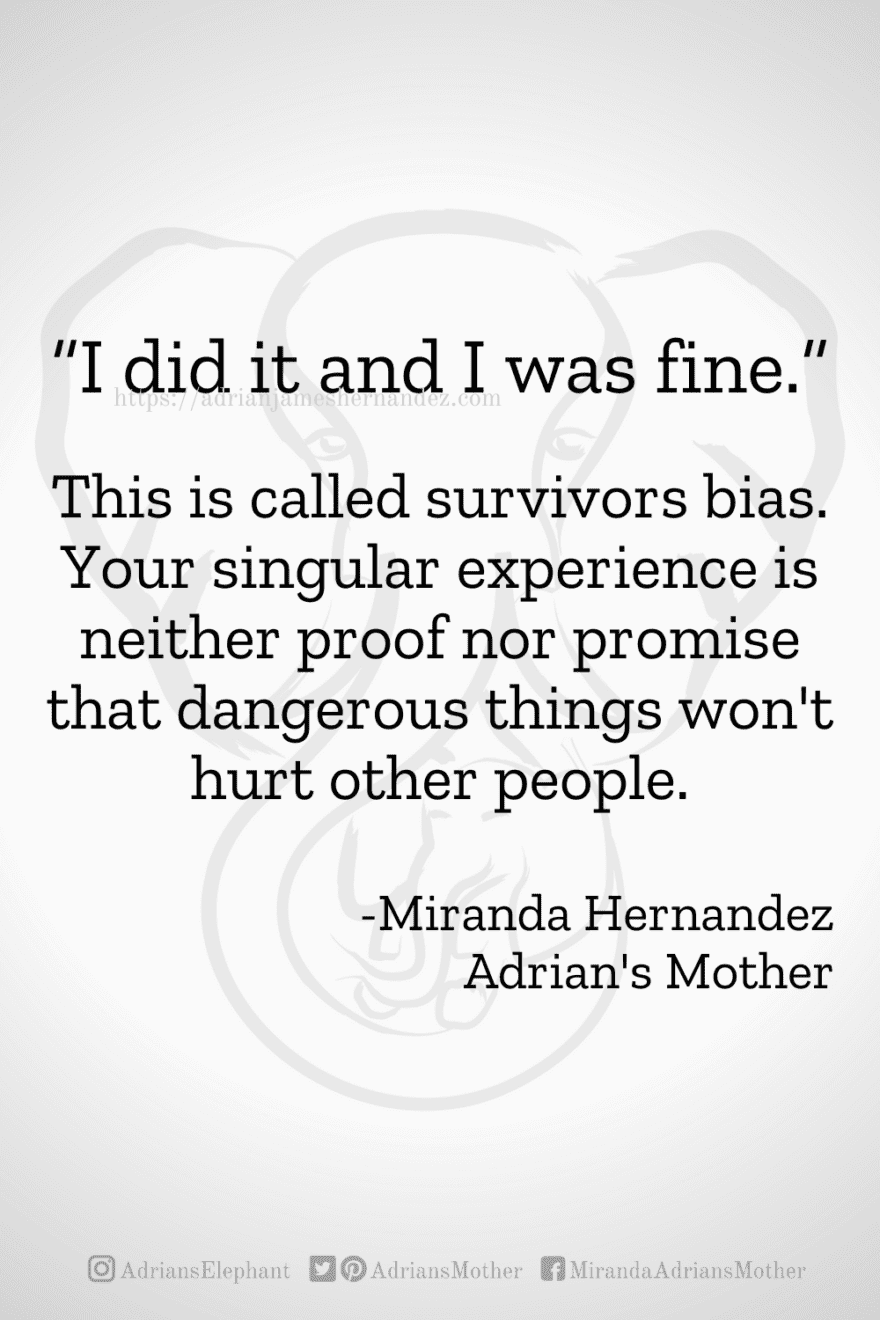
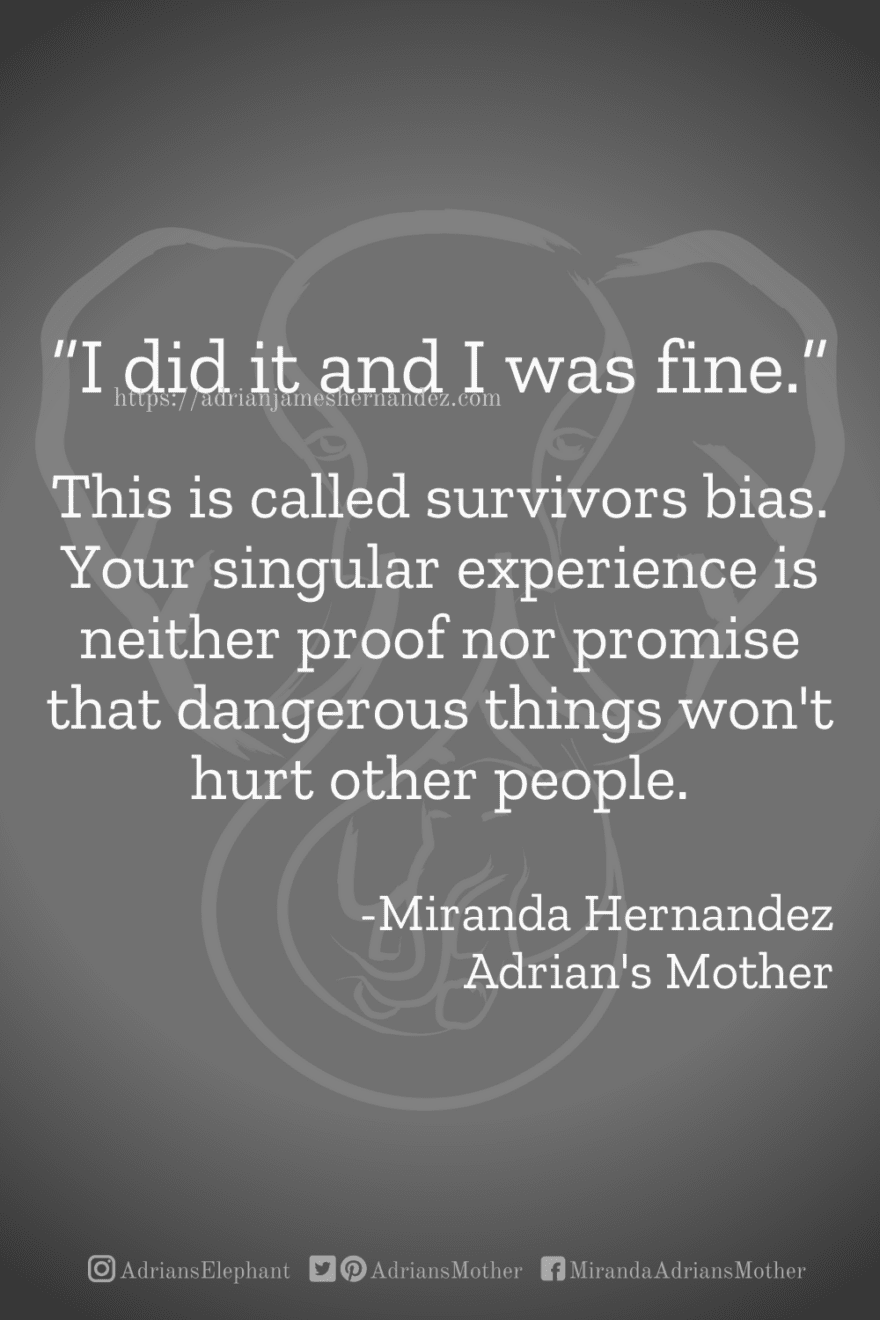

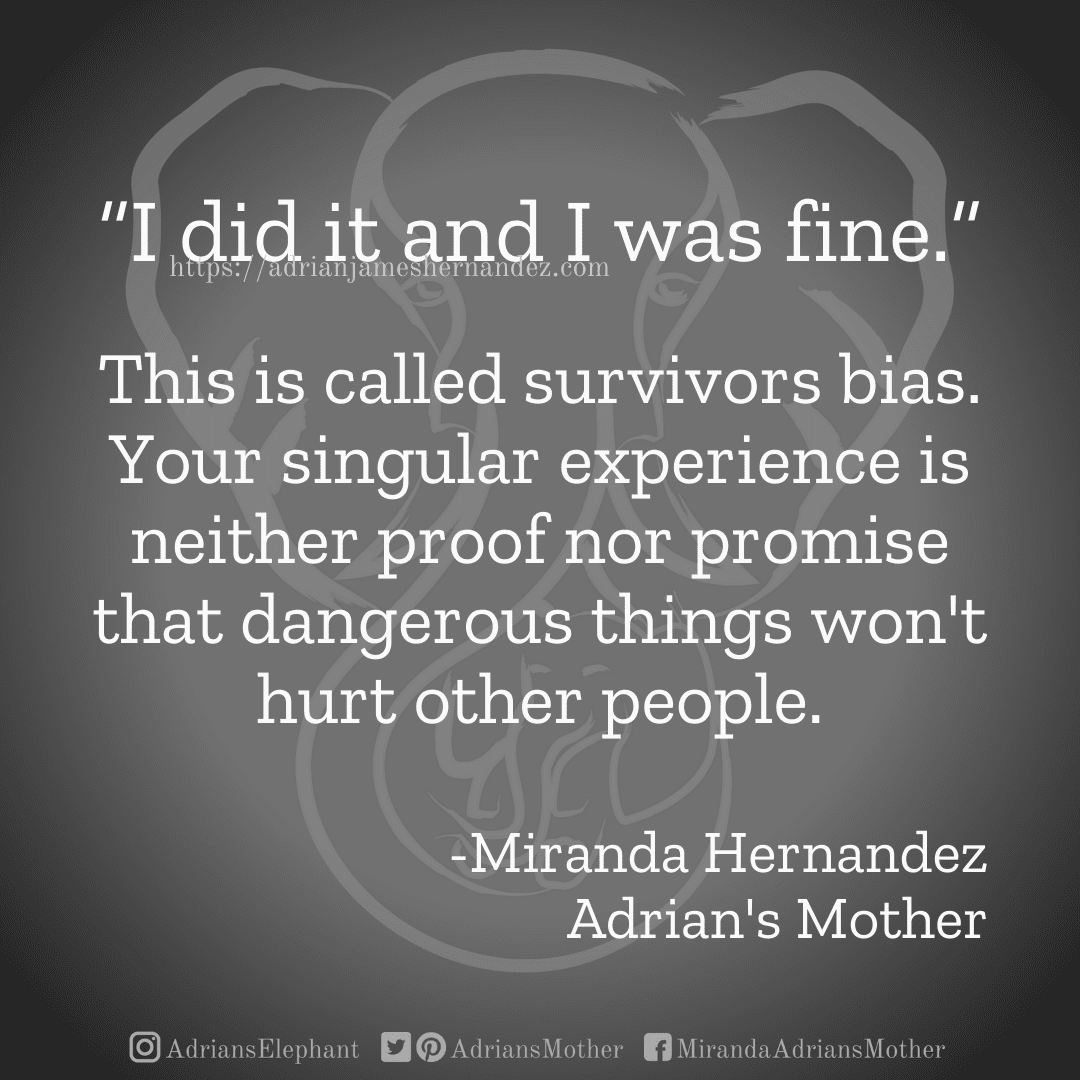
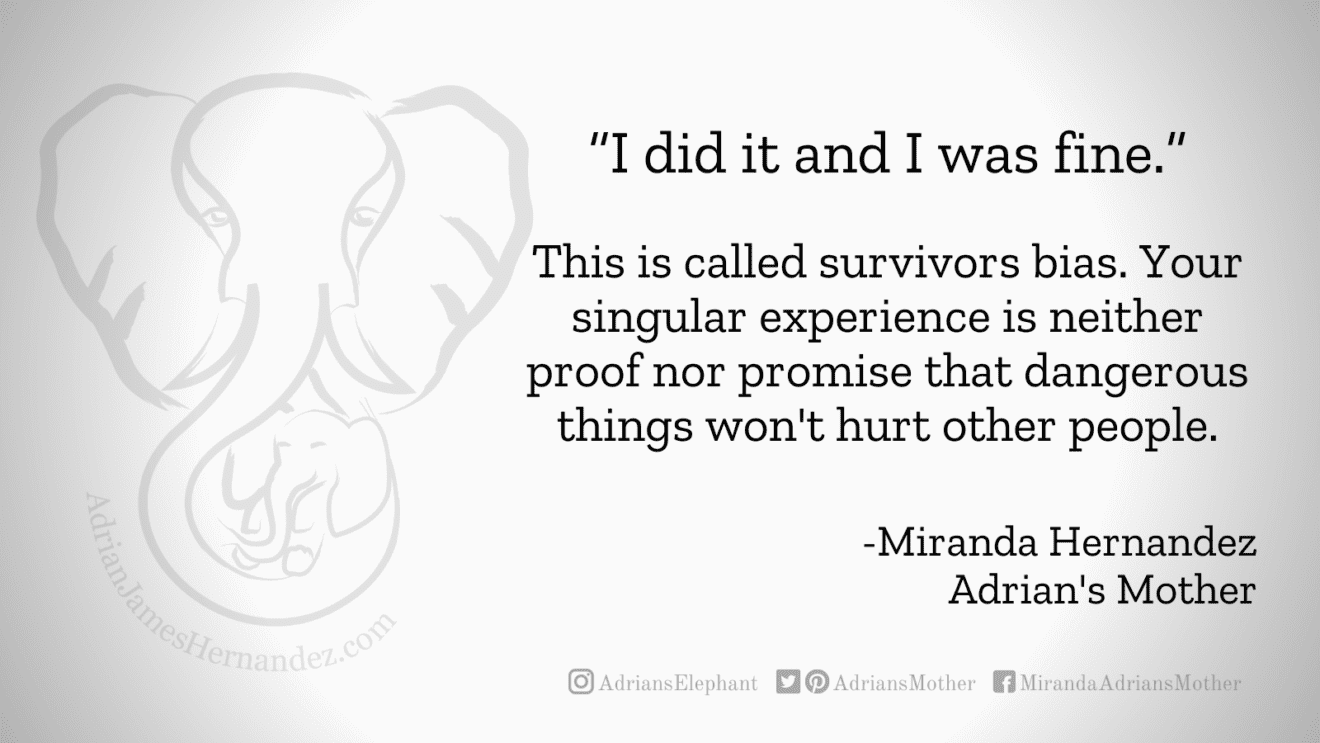
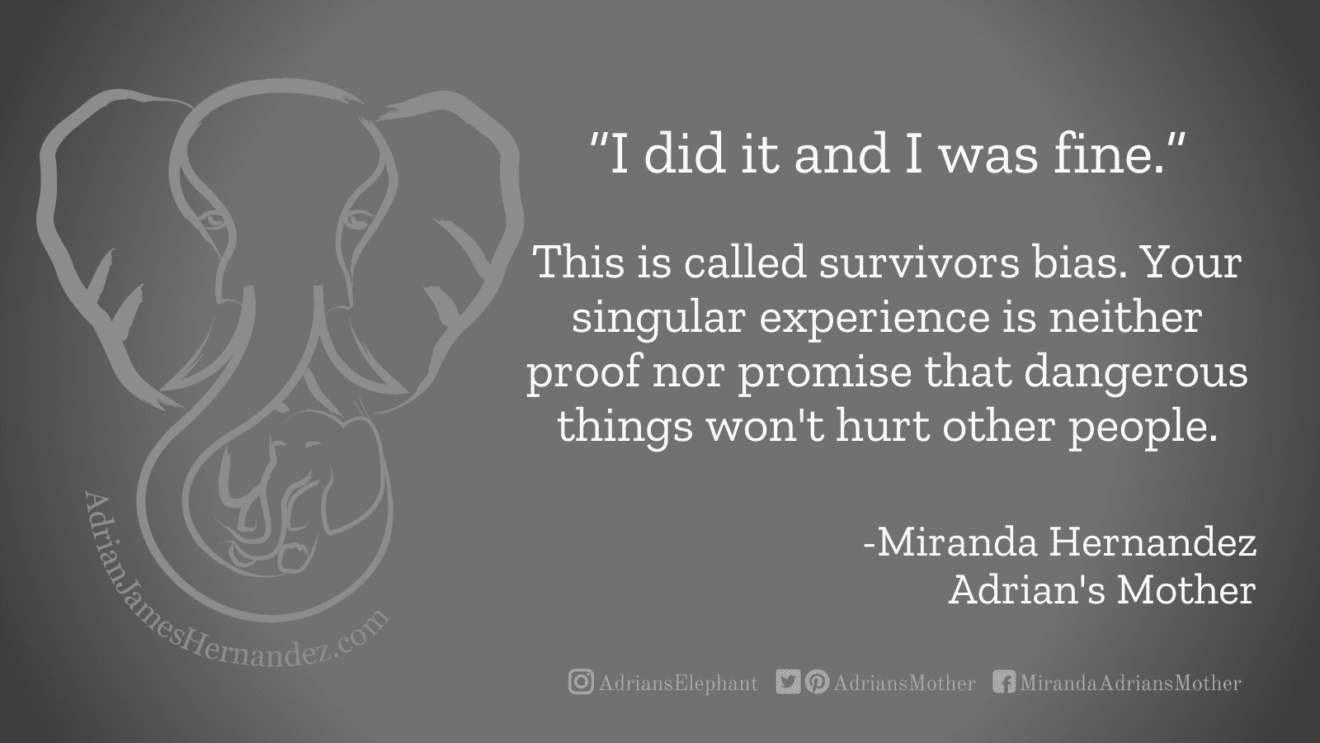


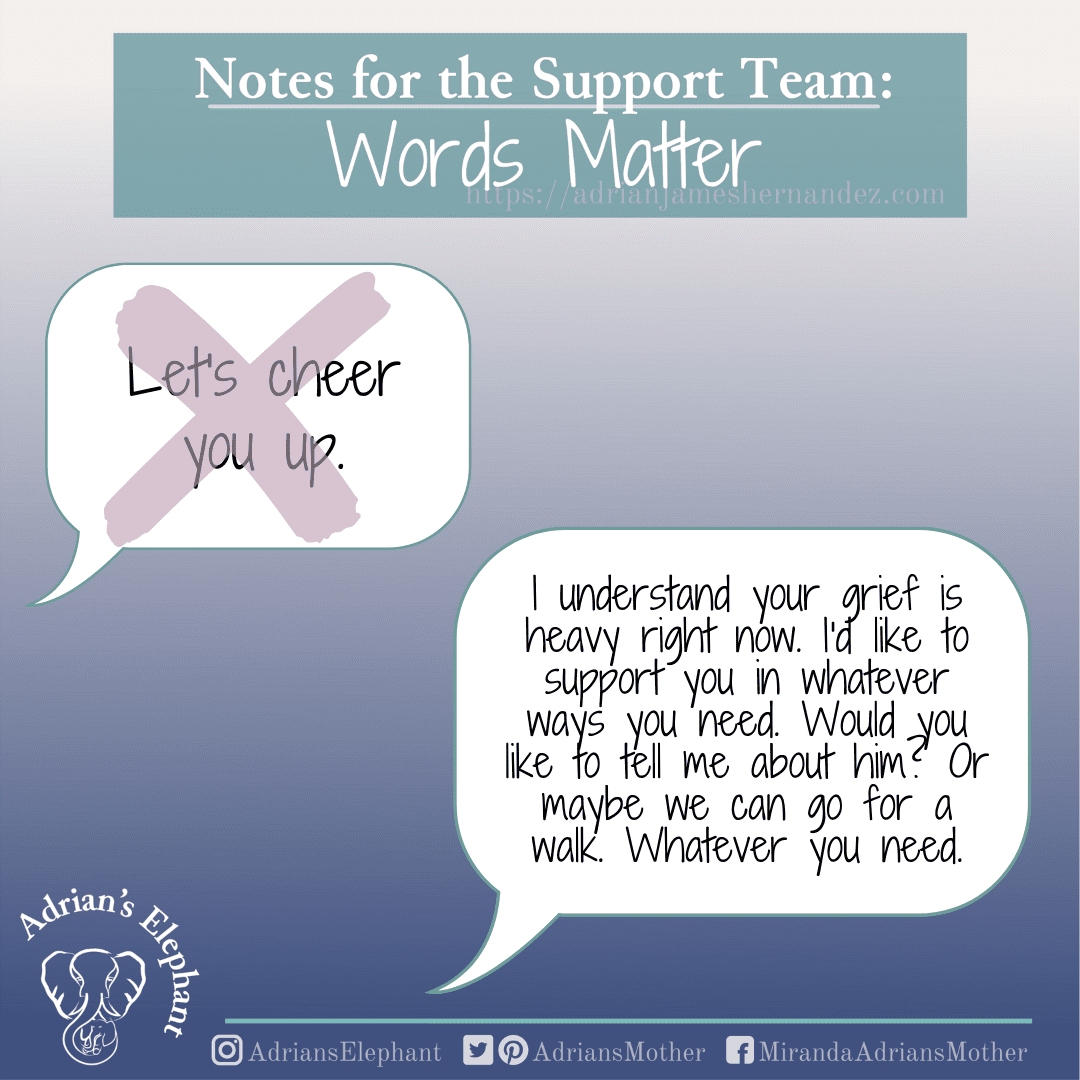















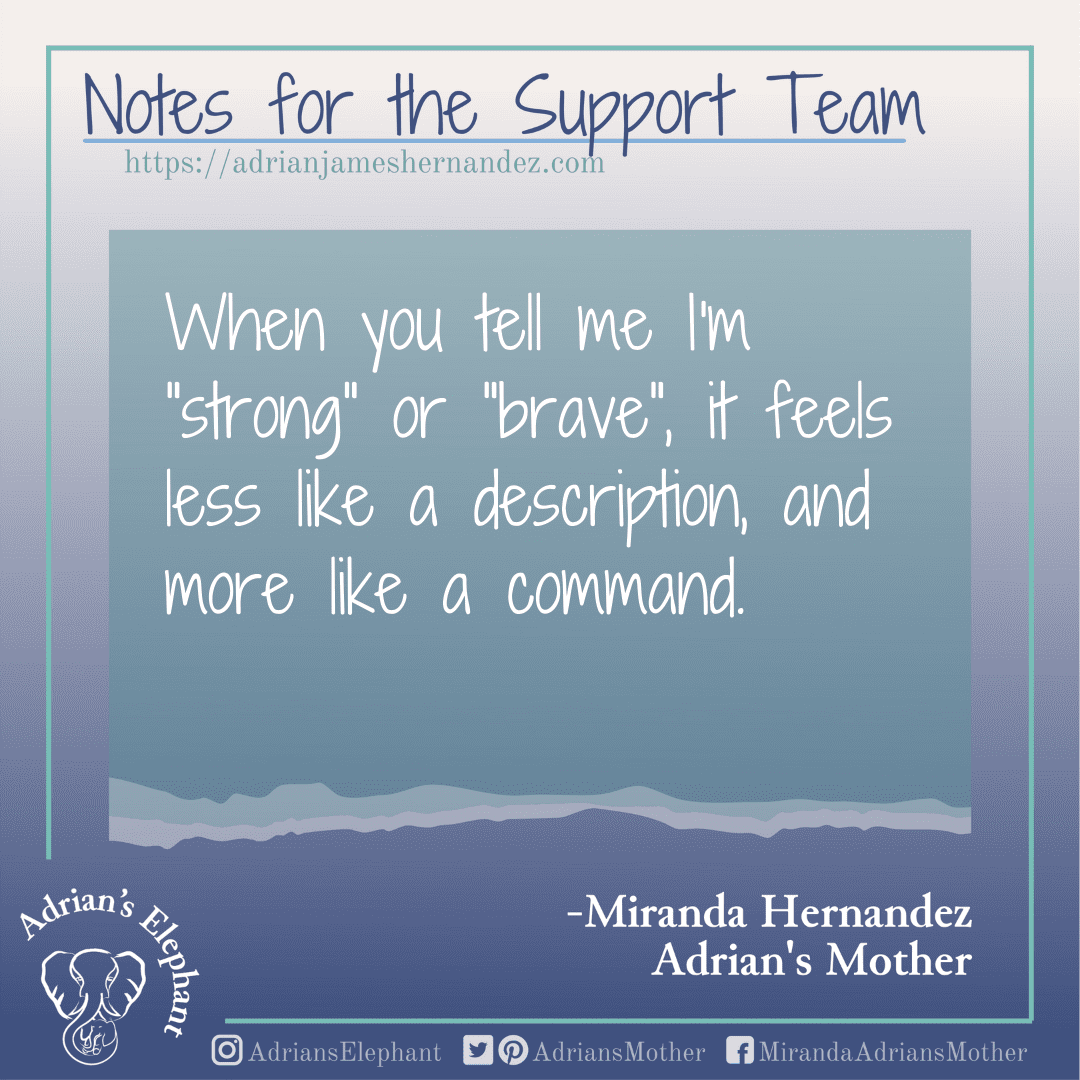


![Baby loss greeting card: In honor of the birthday of [fill in the blank], I have made a donation to [fill in the blank] - Sea Glass Parenting](https://adrianselephantpanda2.s3.amazonaws.com/wp-content/uploads/2022/05/22174434/SGPCardFlat-In-Honor-Of-Your-Childs-Birthday-I-Made-A-Donation-To-IG-9.jpg)


![The month of October is Pregnancy & Infant Loss Awareness month. Honoring all children lost too soon, including my child: [fill in the blank] - Sea Glass Parenting](https://adrianselephantpanda2.s3.amazonaws.com/wp-content/uploads/2021/09/30130345/Pregnancy-And-Infant-Loss-Awareness-Month-In-Honor-Of-My-Child-1-3.jpg)





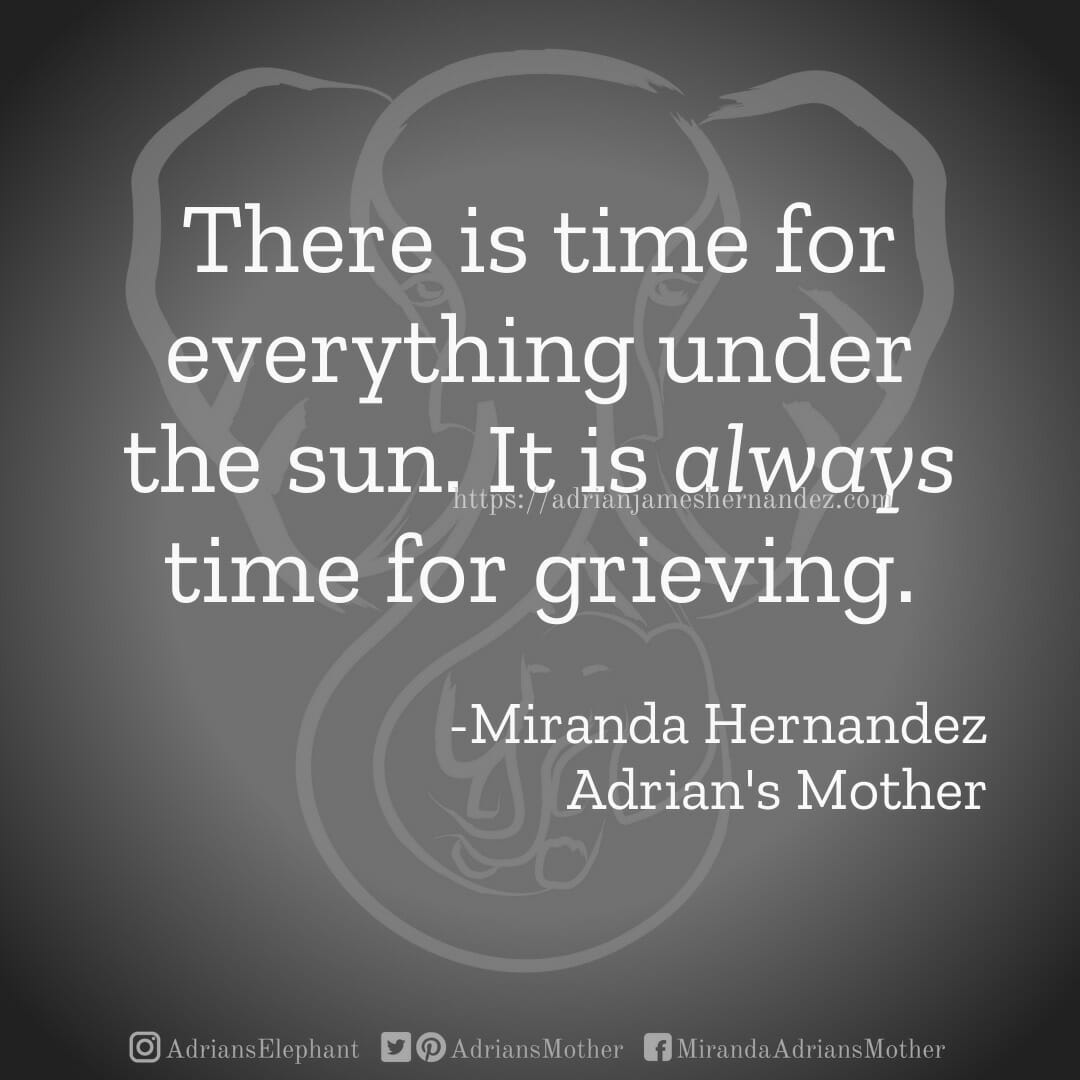








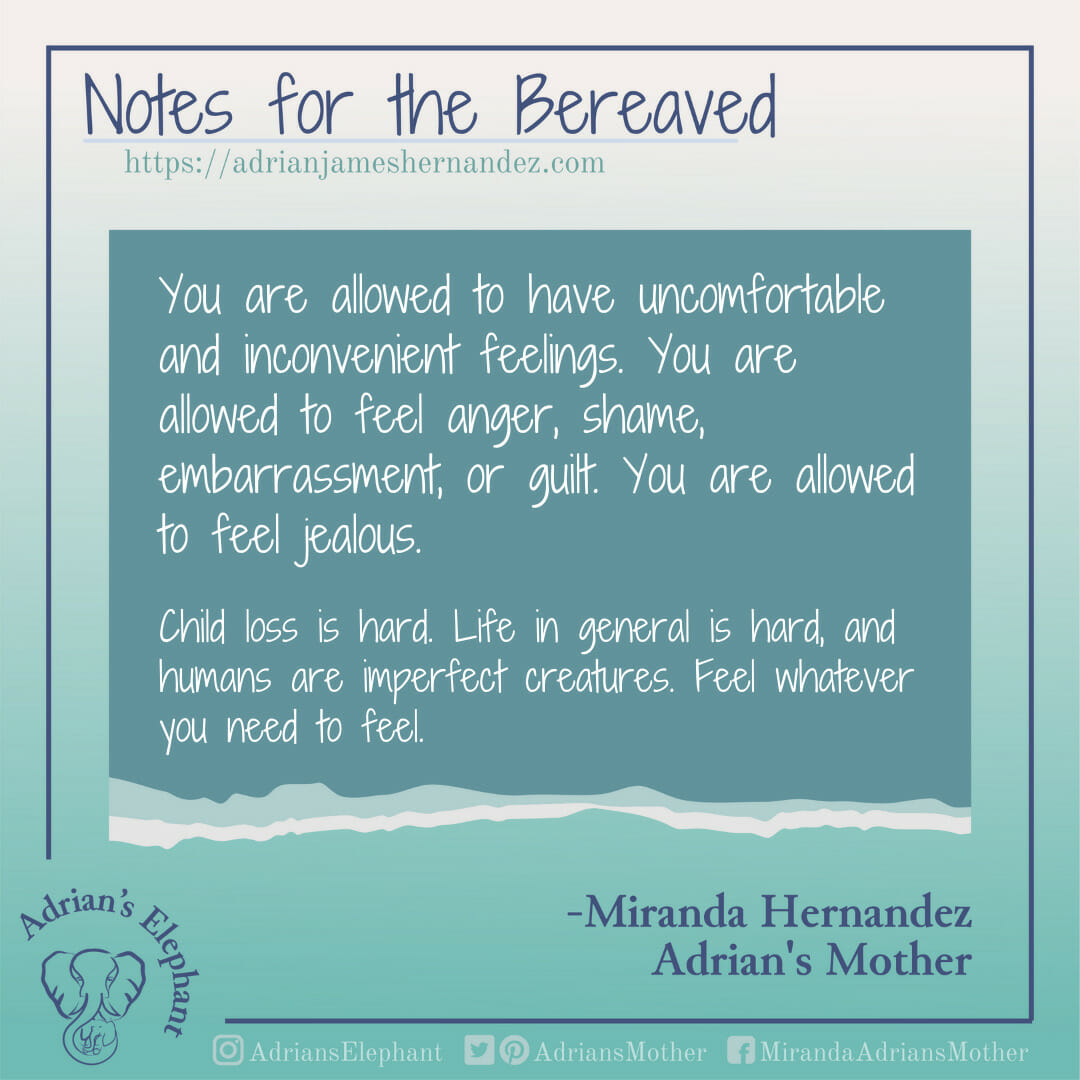
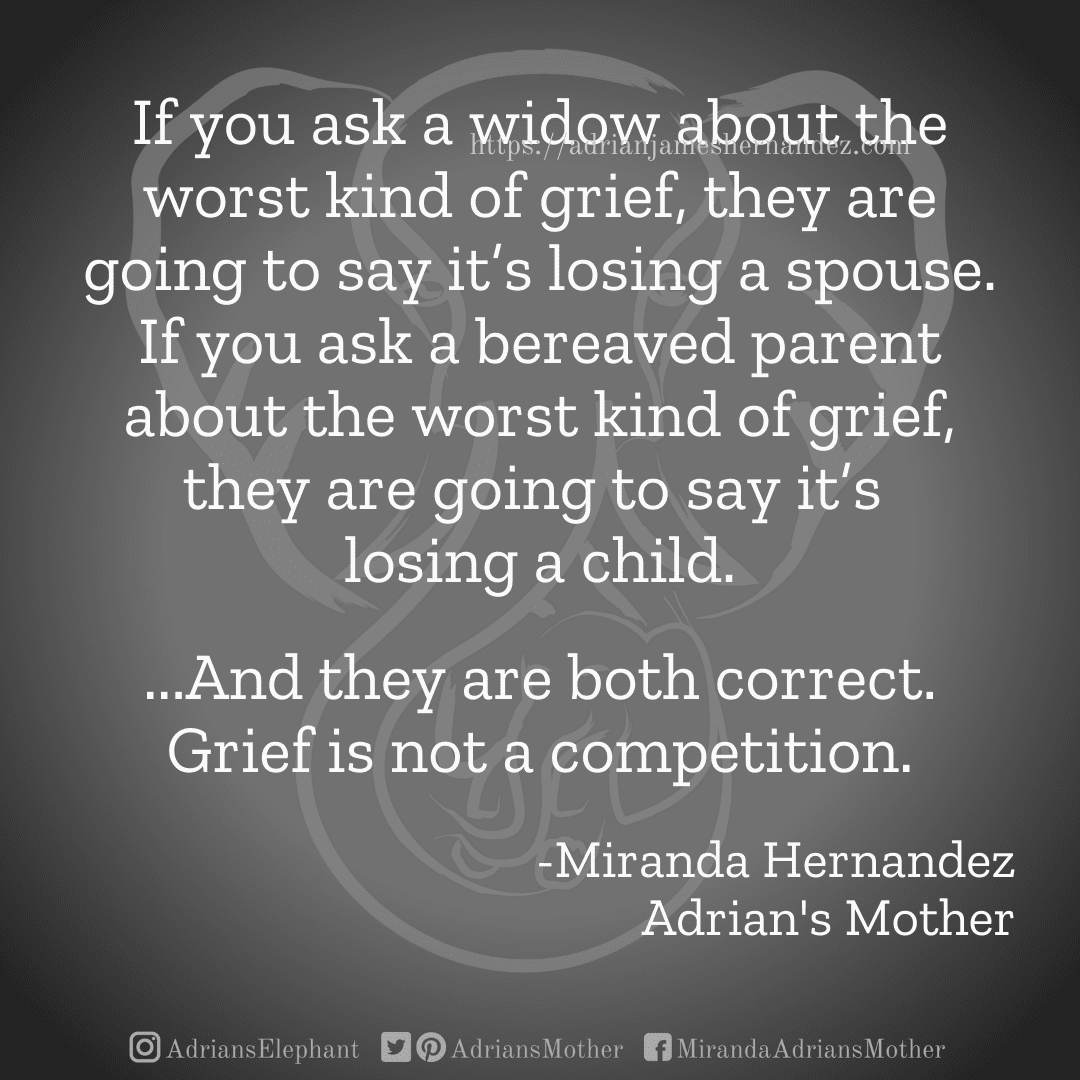




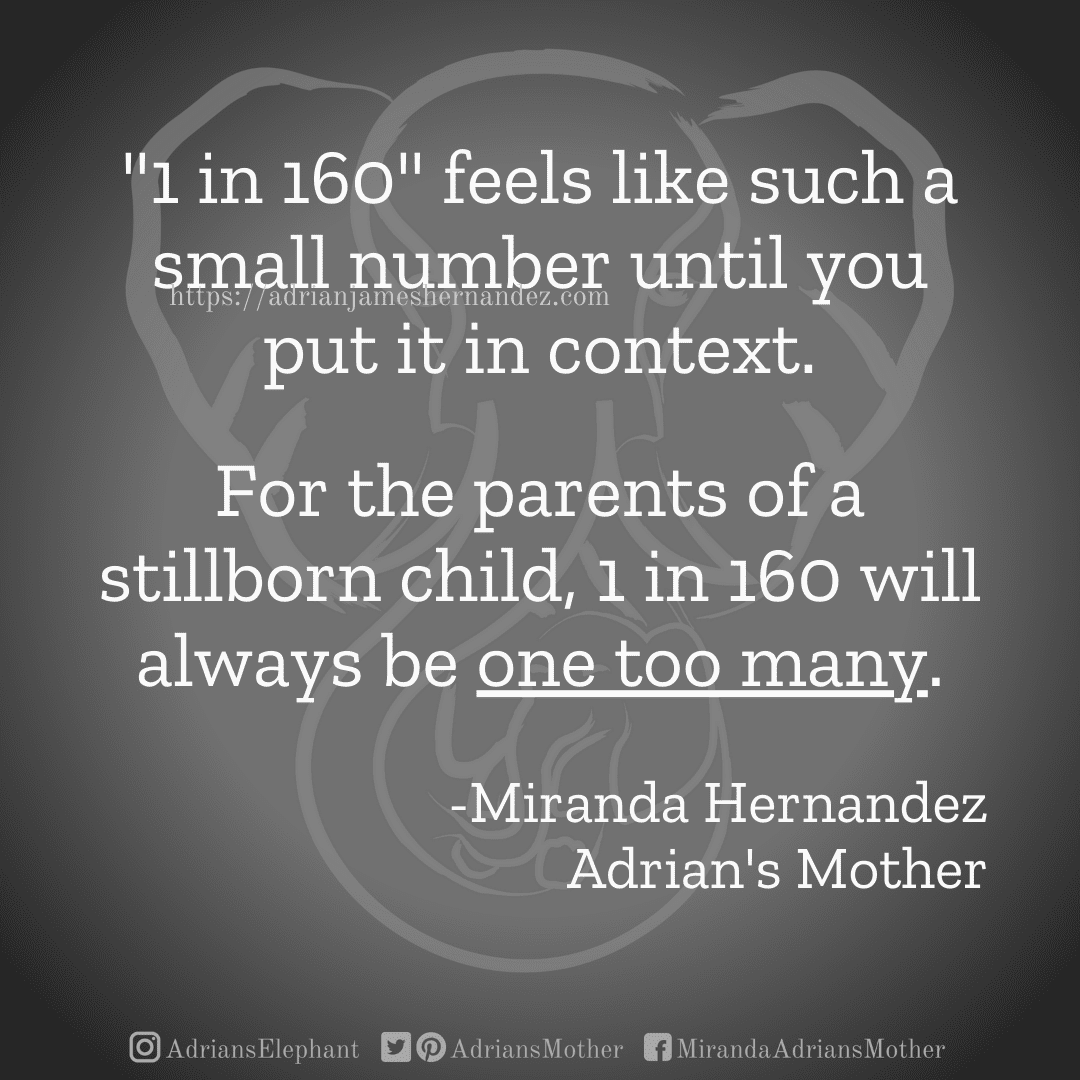
![Birthday wishes after death card: Thinking of you with love on your child's Birthday. [Blank inside.] - Sea Glass Parenting](https://adrianselephantpanda2.s3.amazonaws.com/wp-content/uploads/2022/06/26130137/SGPCardFlat-Thinking-Of-You-On-Your-Childrens-Birthday-Envelope-Heart-Blank-Inside-IG-12.jpg)
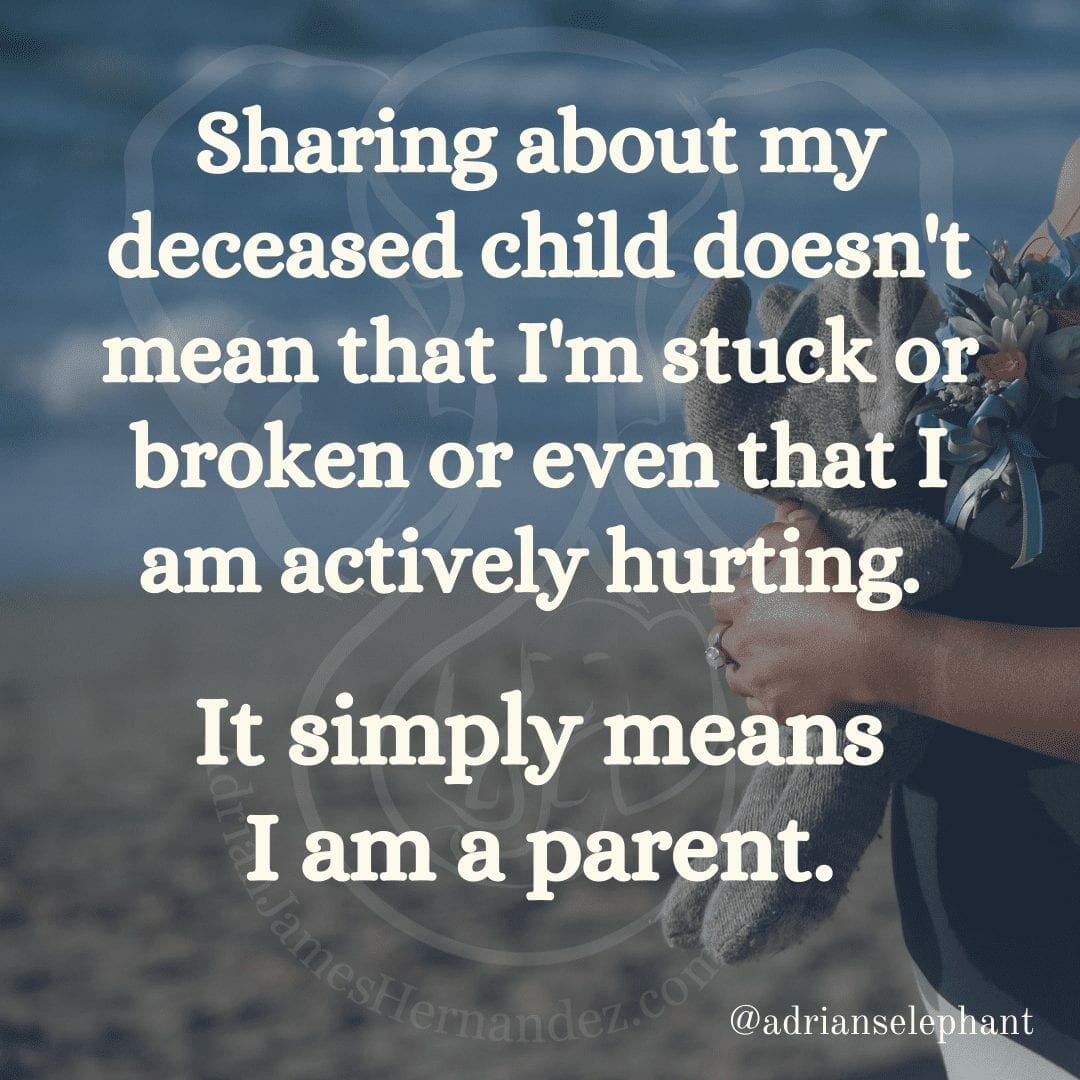









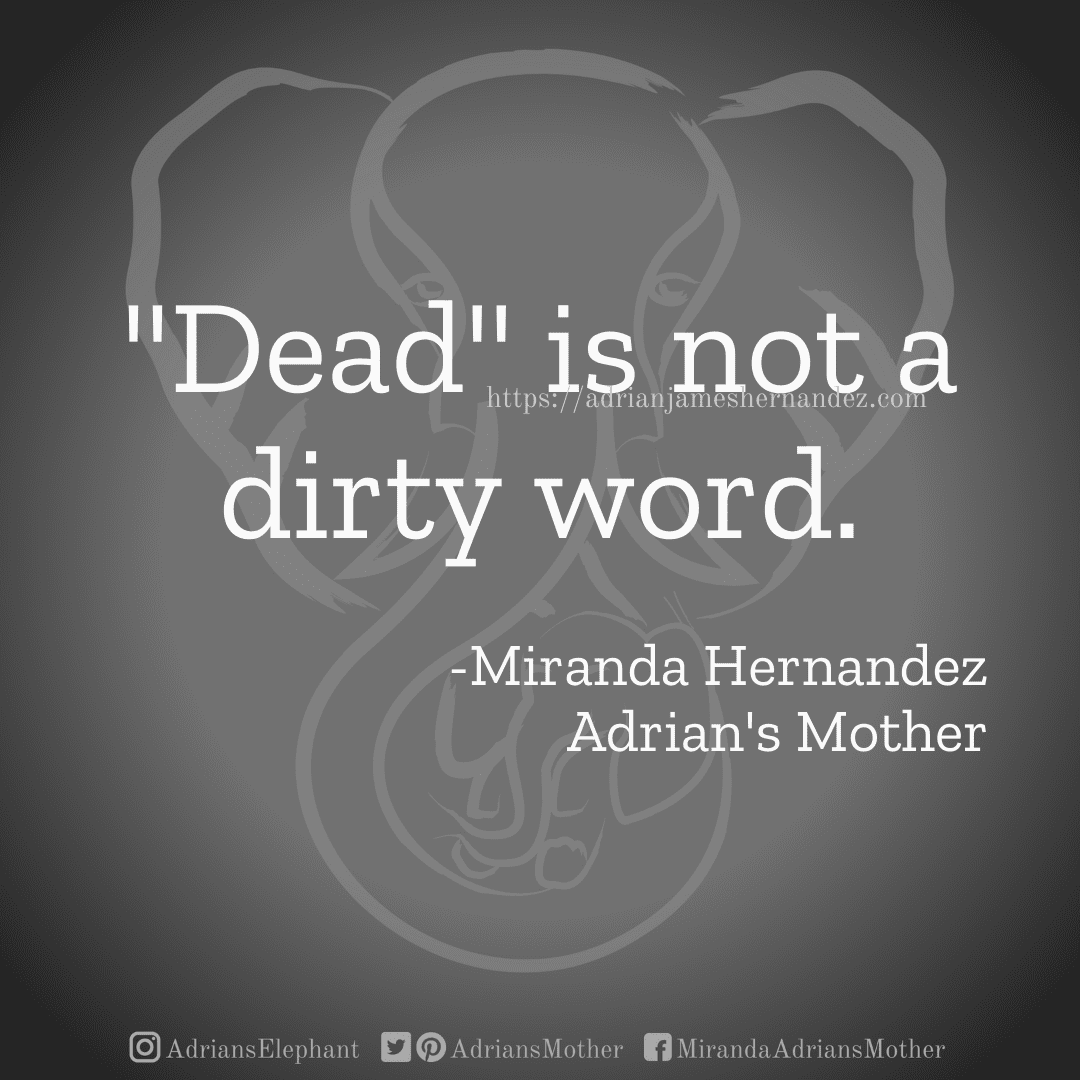



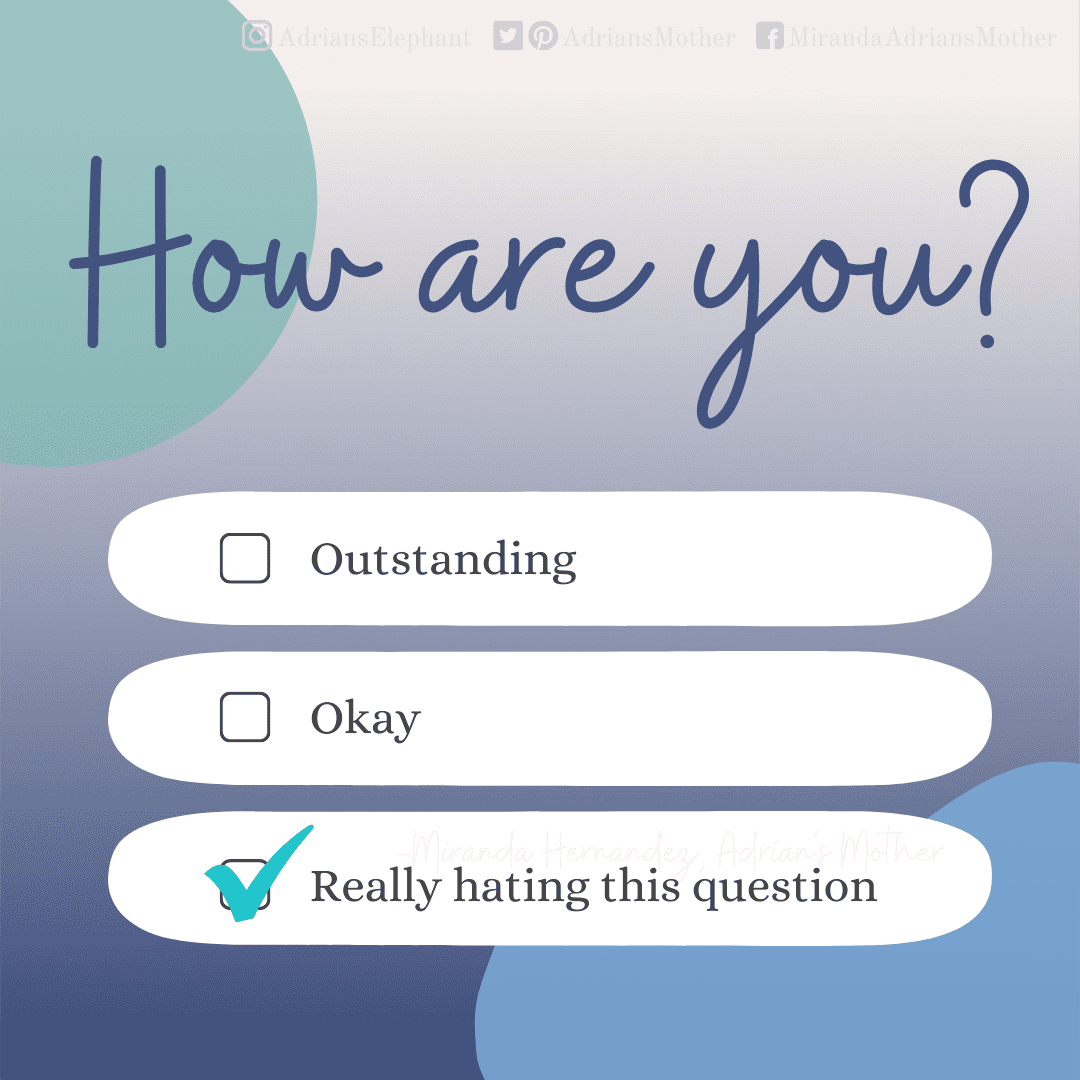
















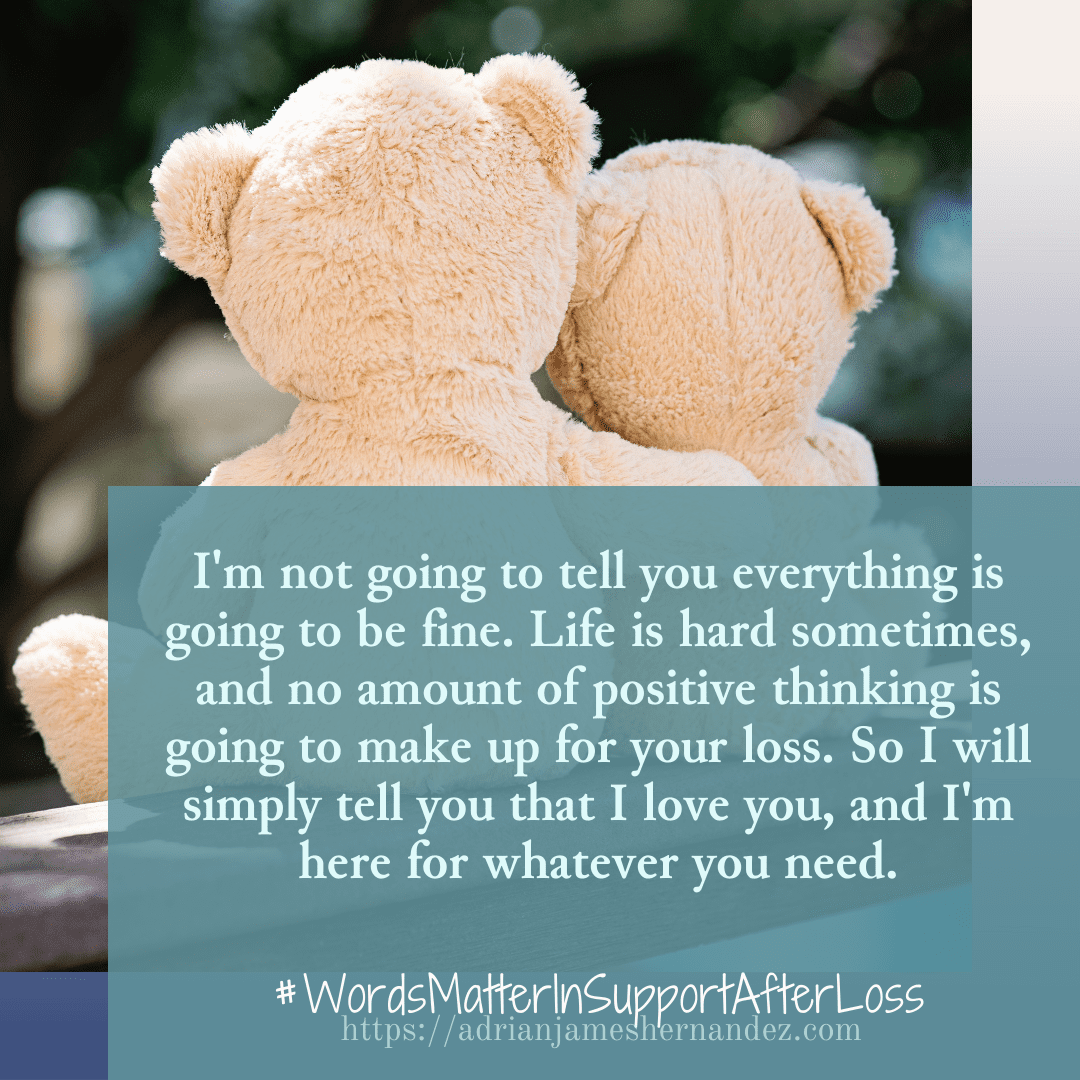

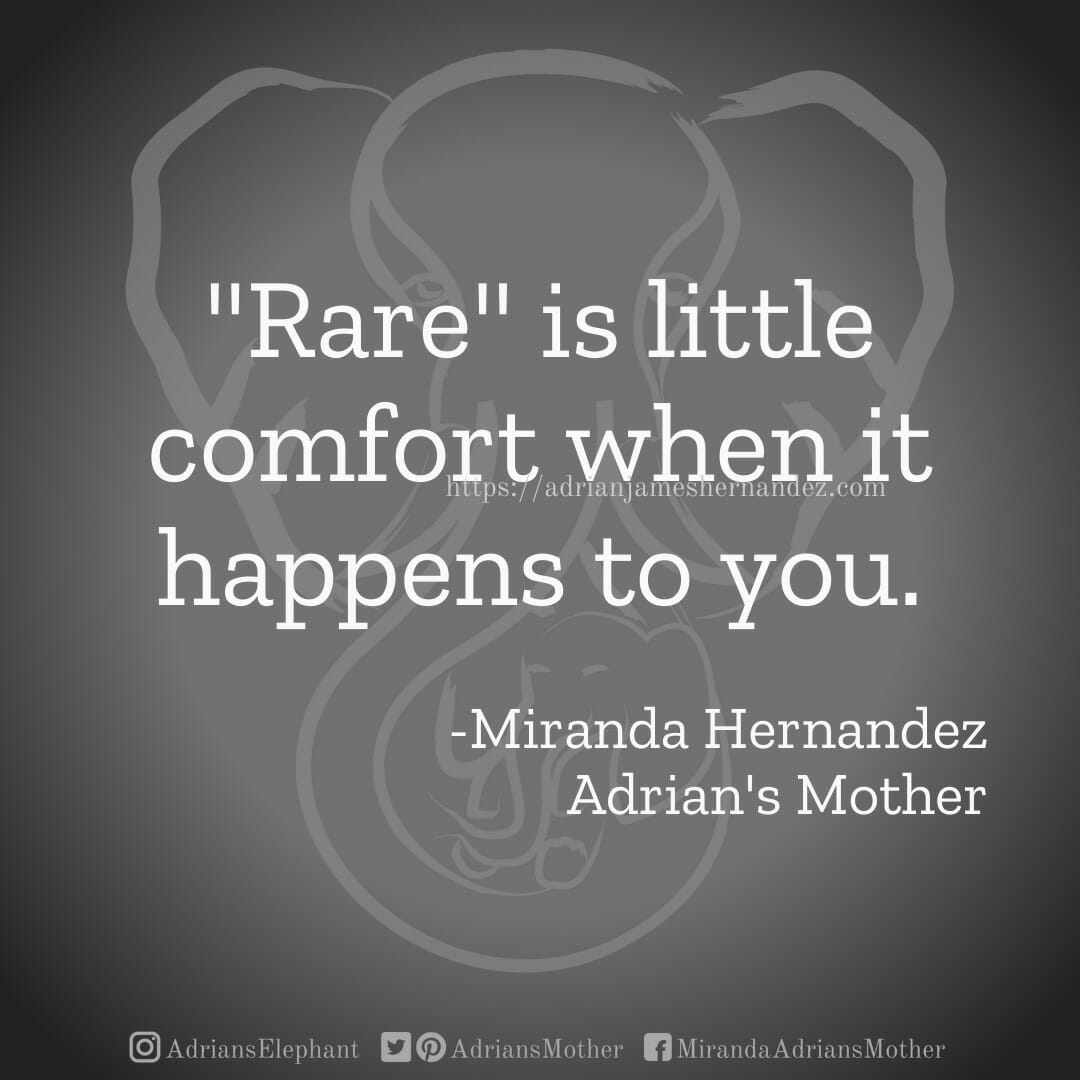









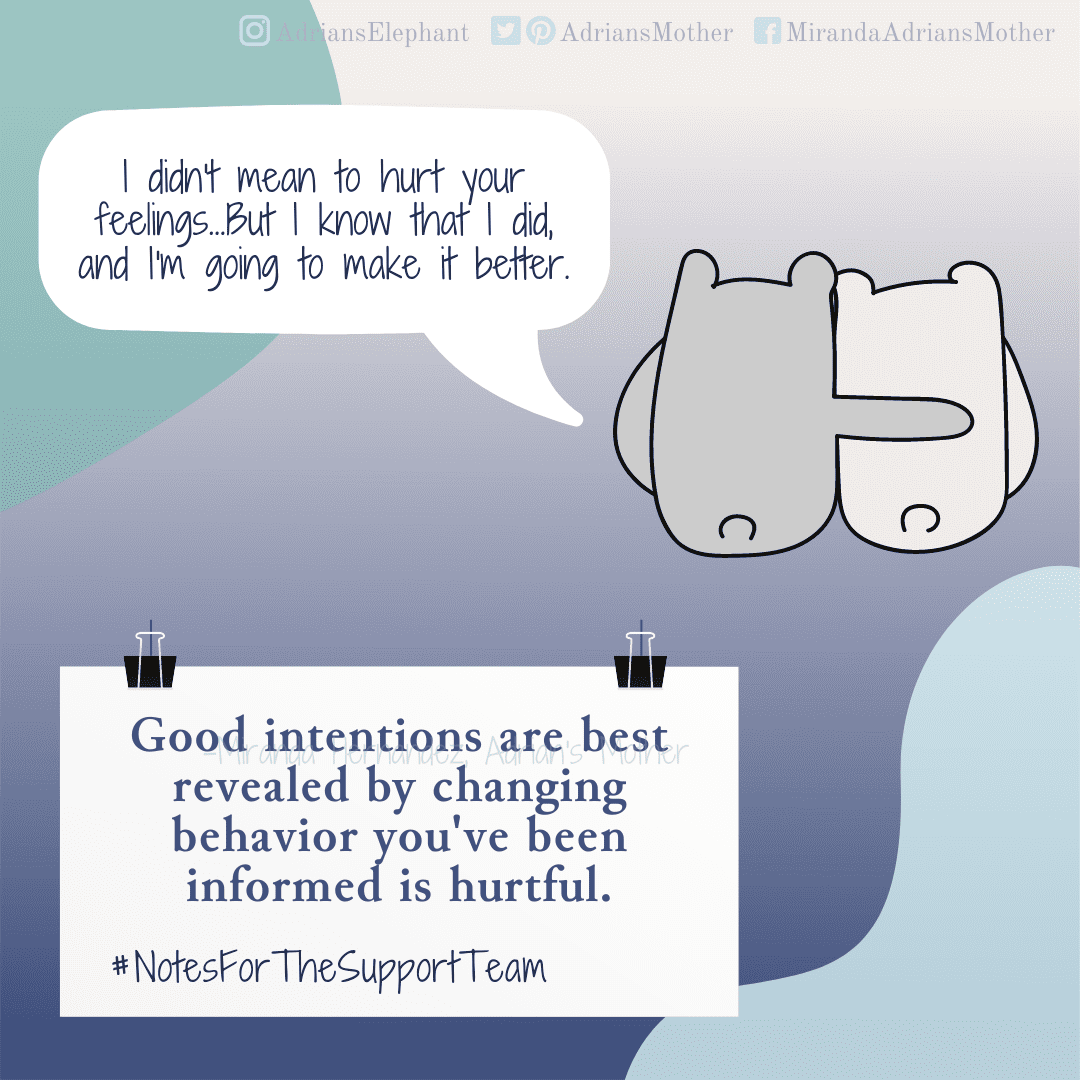



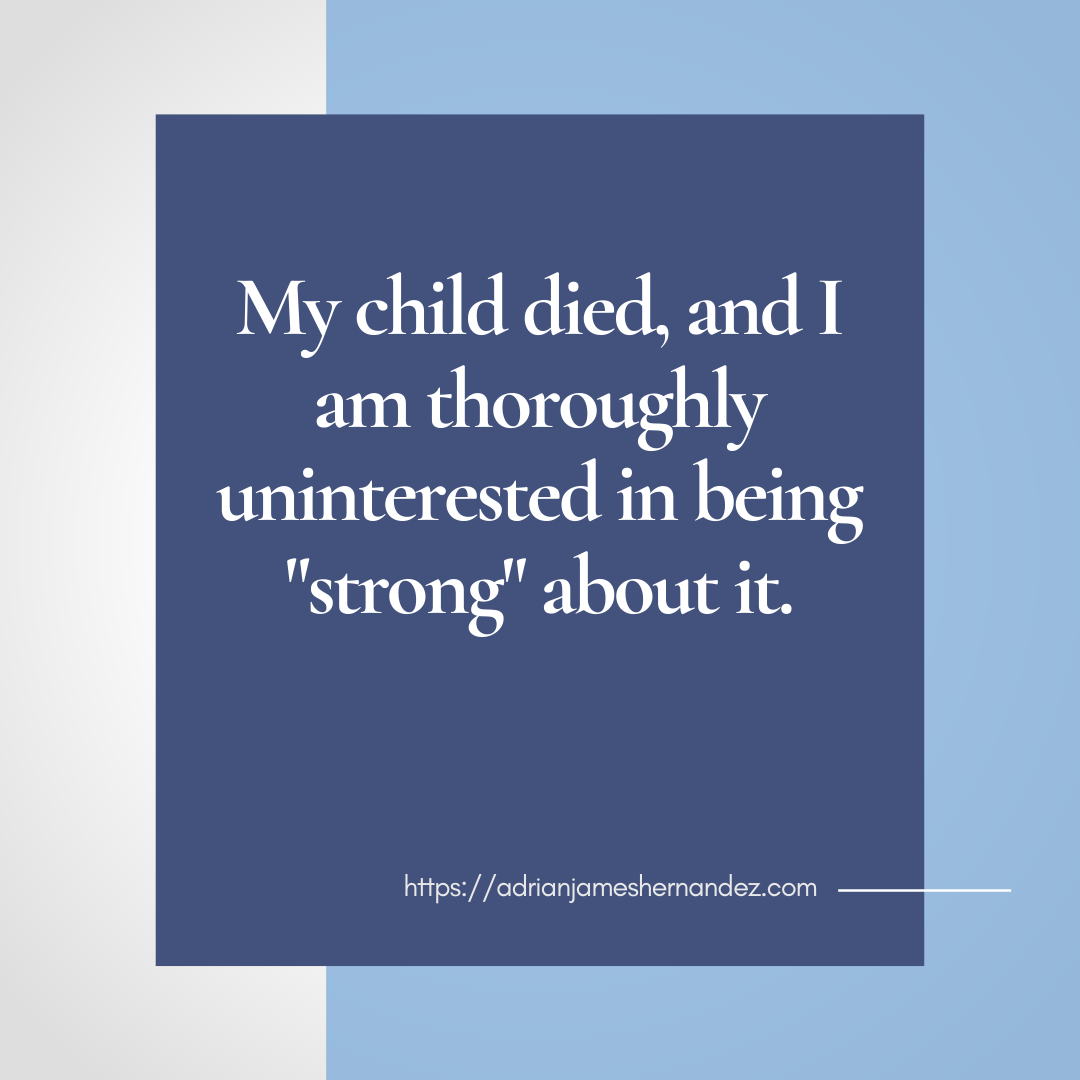






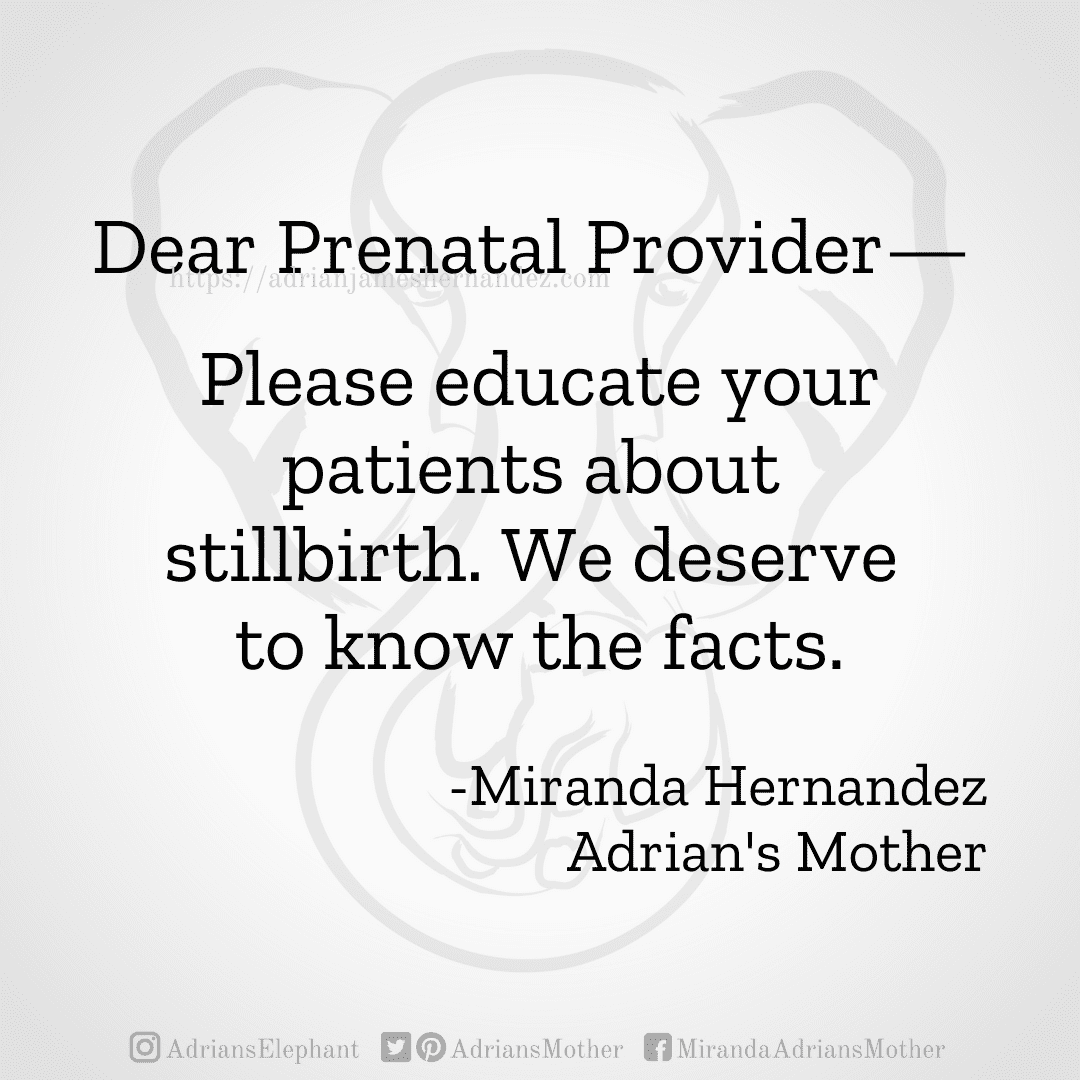

!["This is my [Fill in the Blank] Mother's Day. Thank you for remembering and honoring my child and my motherhood this year" in blue text inside a white circle surrounded by a yellow abstract design. Five pink and green flowers surround the image.](https://adrianselephantpanda2.s3.amazonaws.com/wp-content/uploads/2022/04/27094844/4.png)

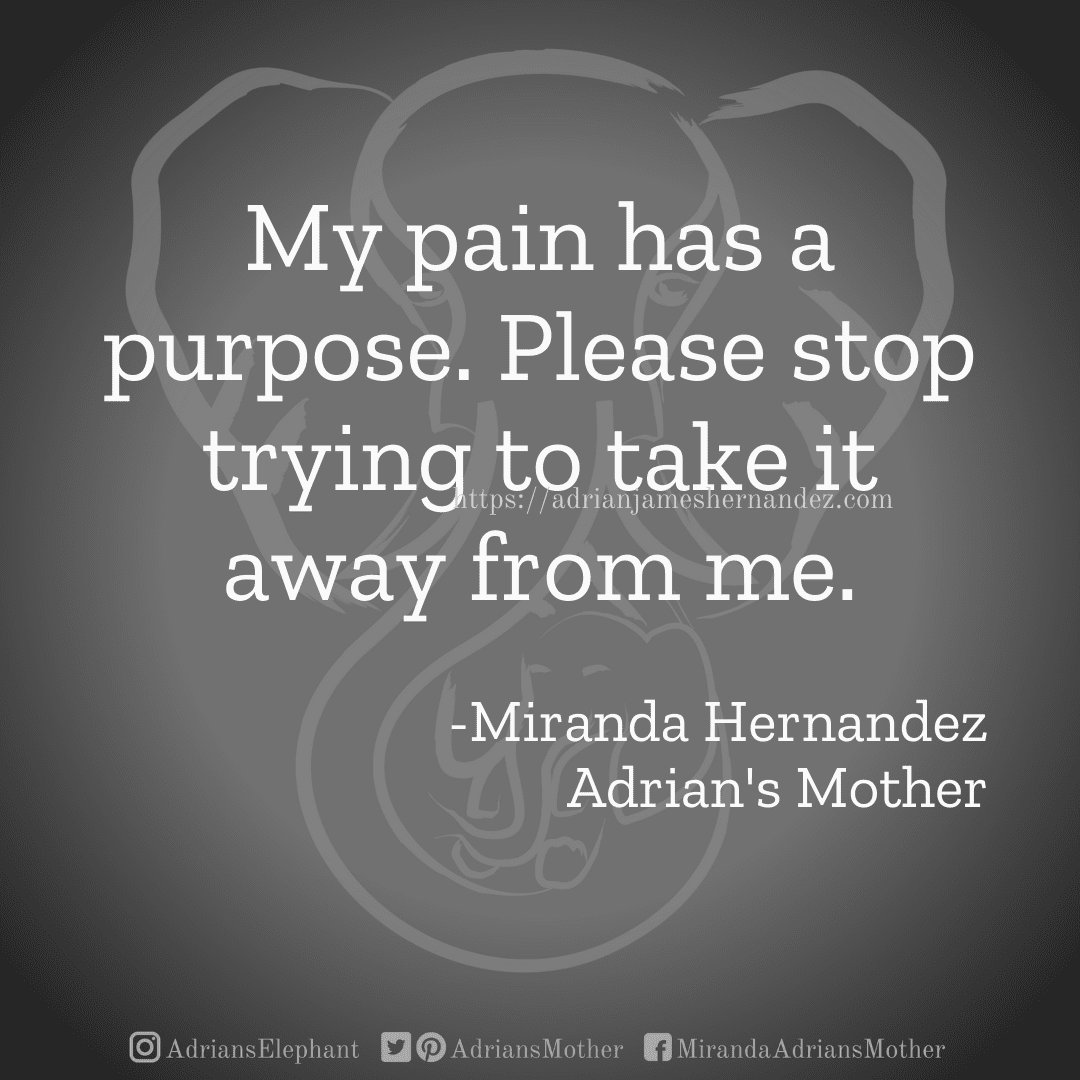


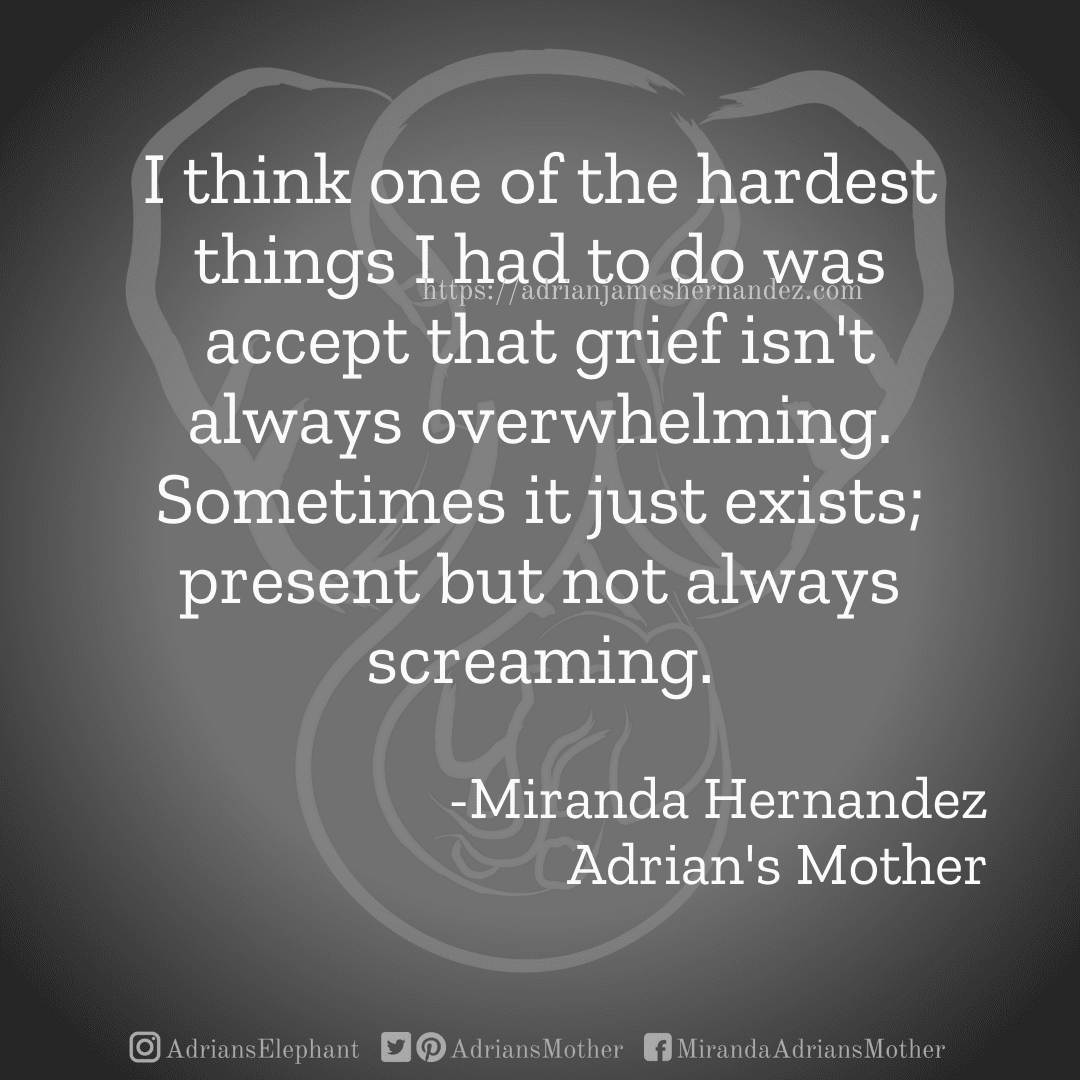
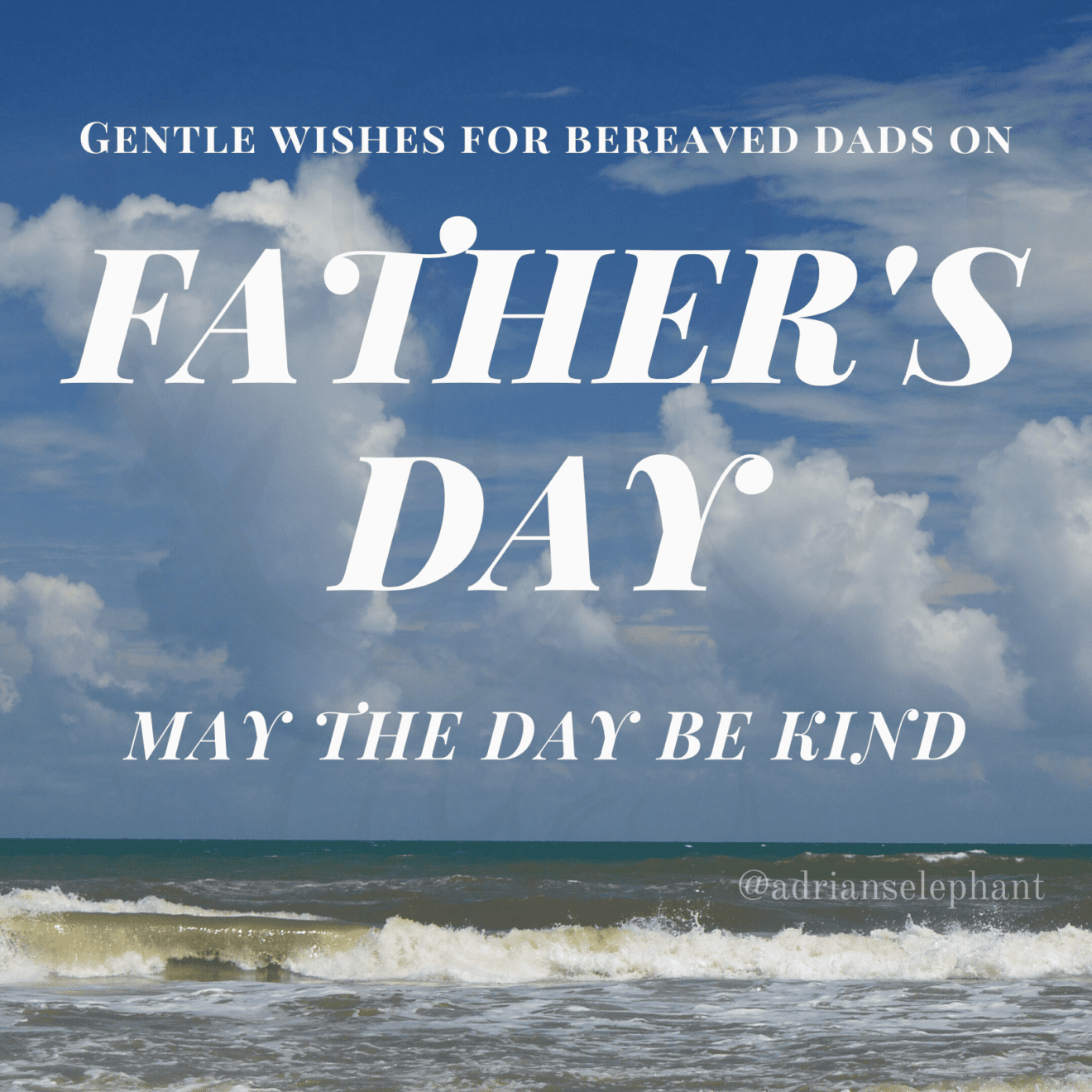






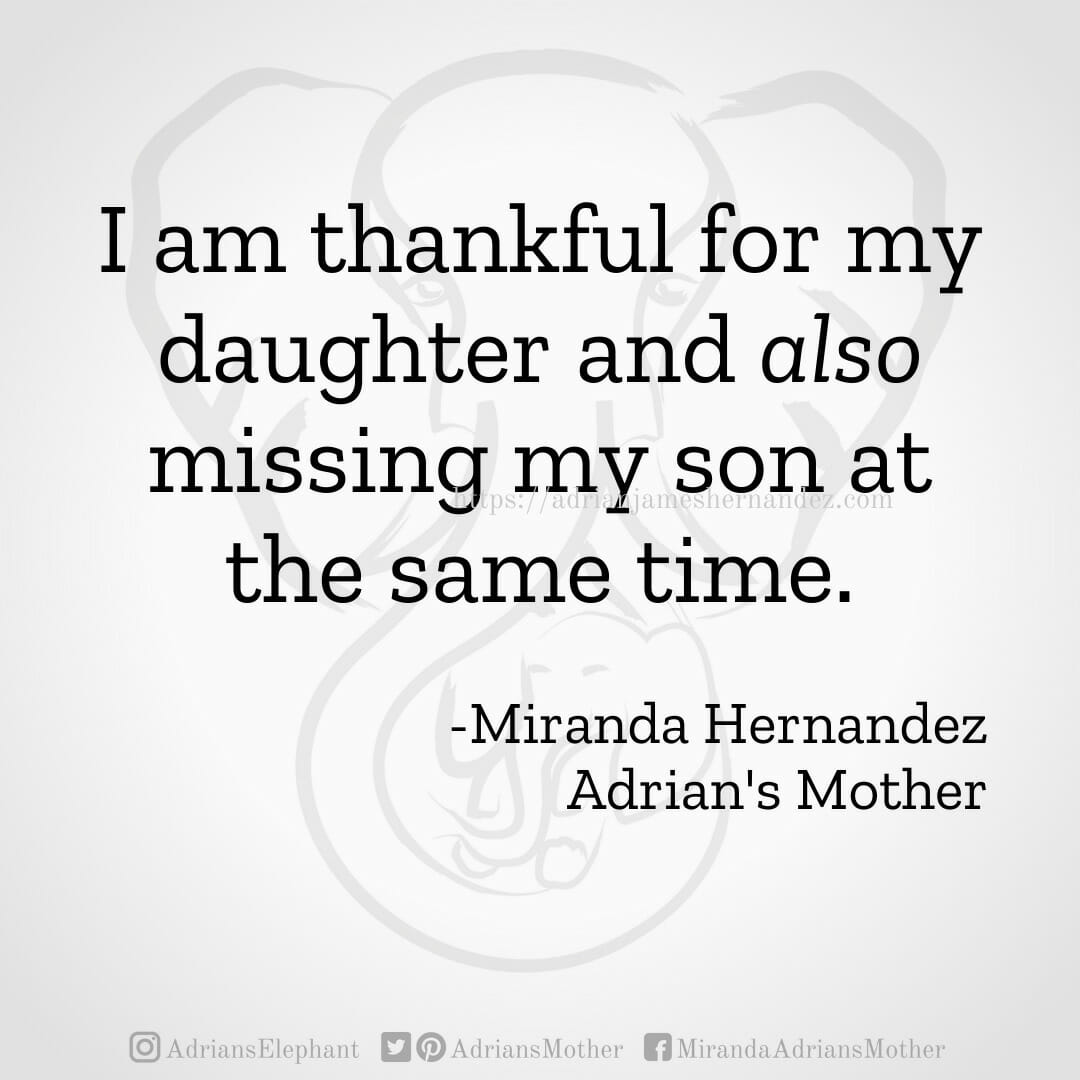





![Birthday message for deceased child card: Happy Birthday, [Fill in name]. I love you - Sea Glass Parenting](https://adrianselephantpanda2.s3.amazonaws.com/wp-content/uploads/2022/06/26130207/SGPCardFlat-Happy-Birthday-I-Love-You-Fill-In-Name-Birthday-Cake-IG-8.jpg)


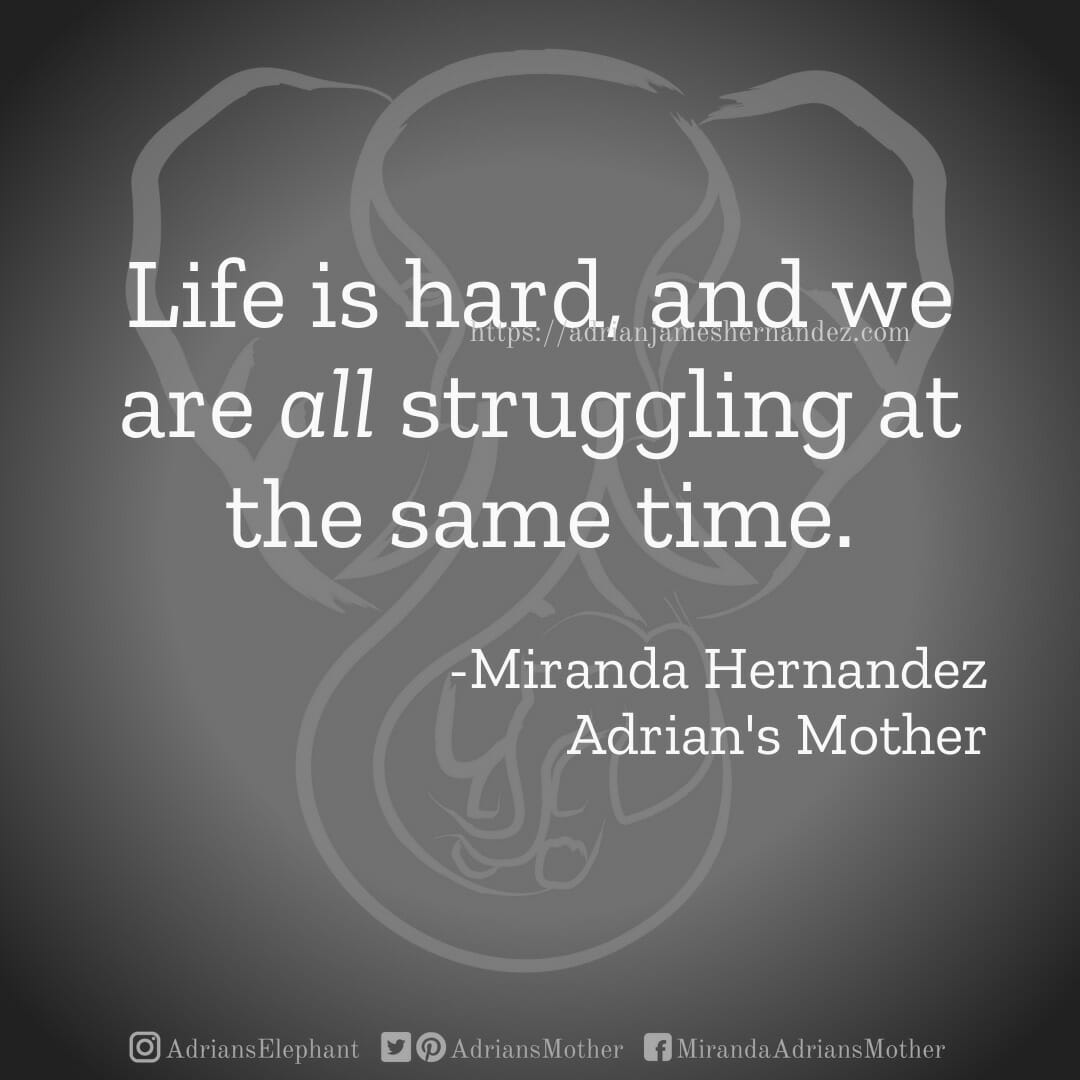

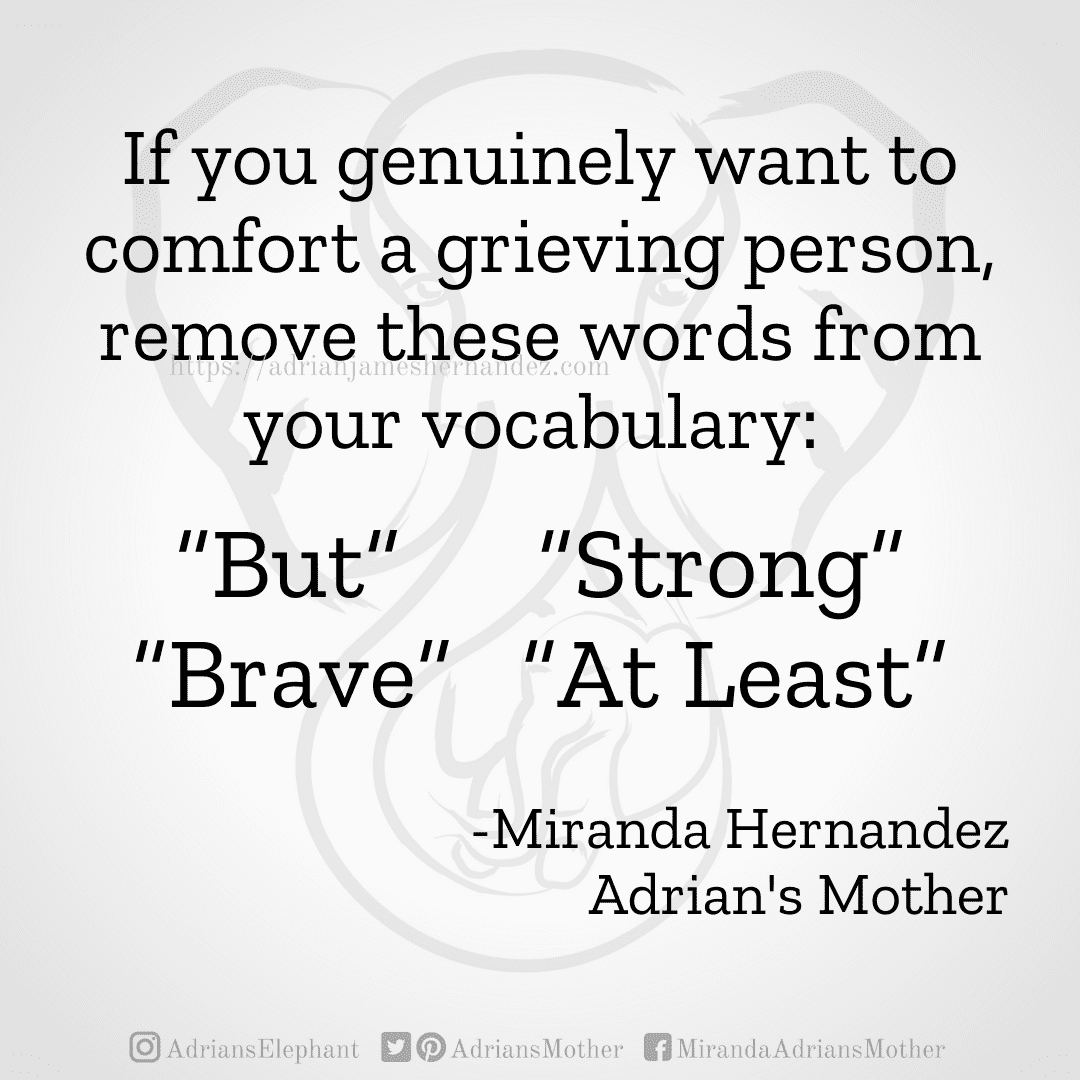





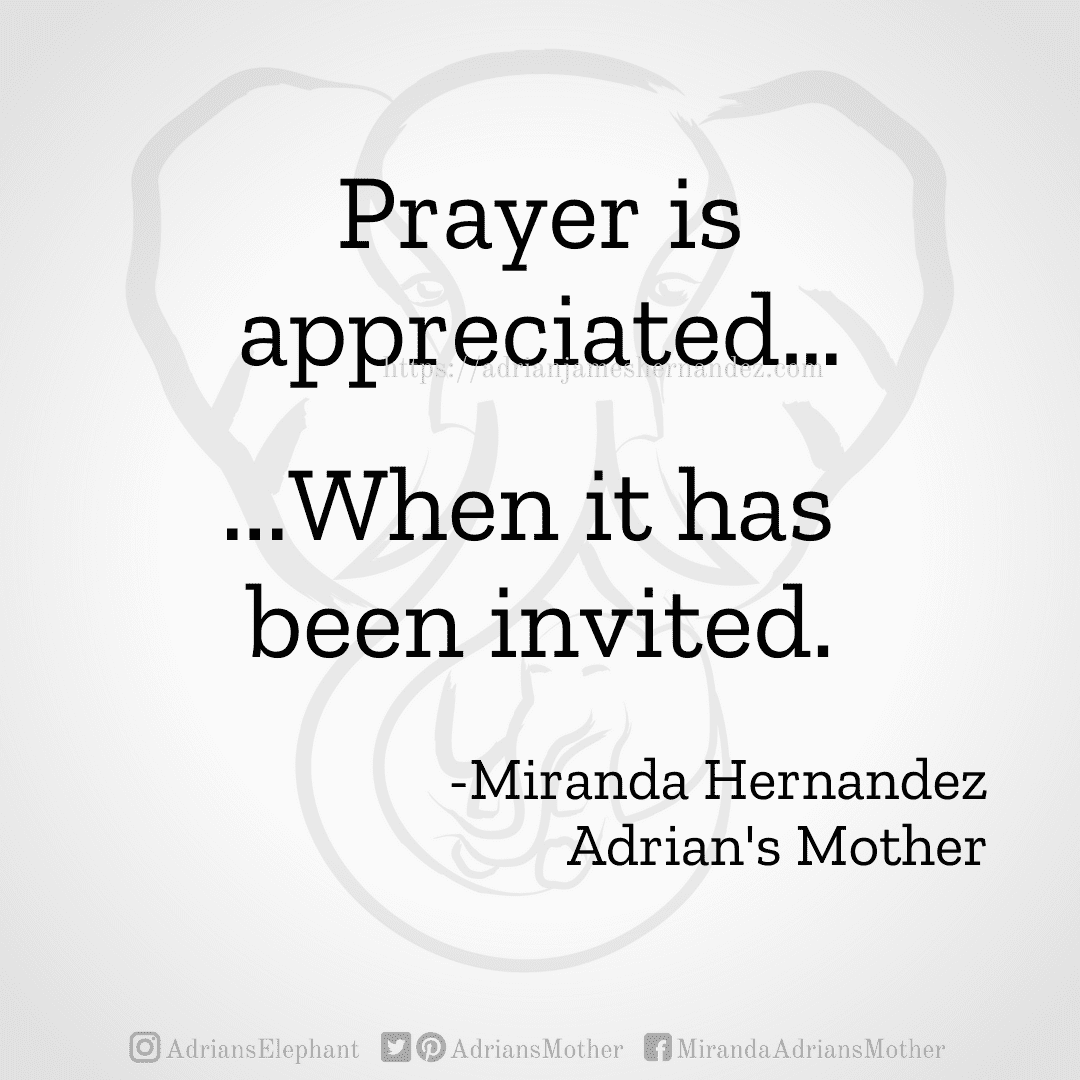







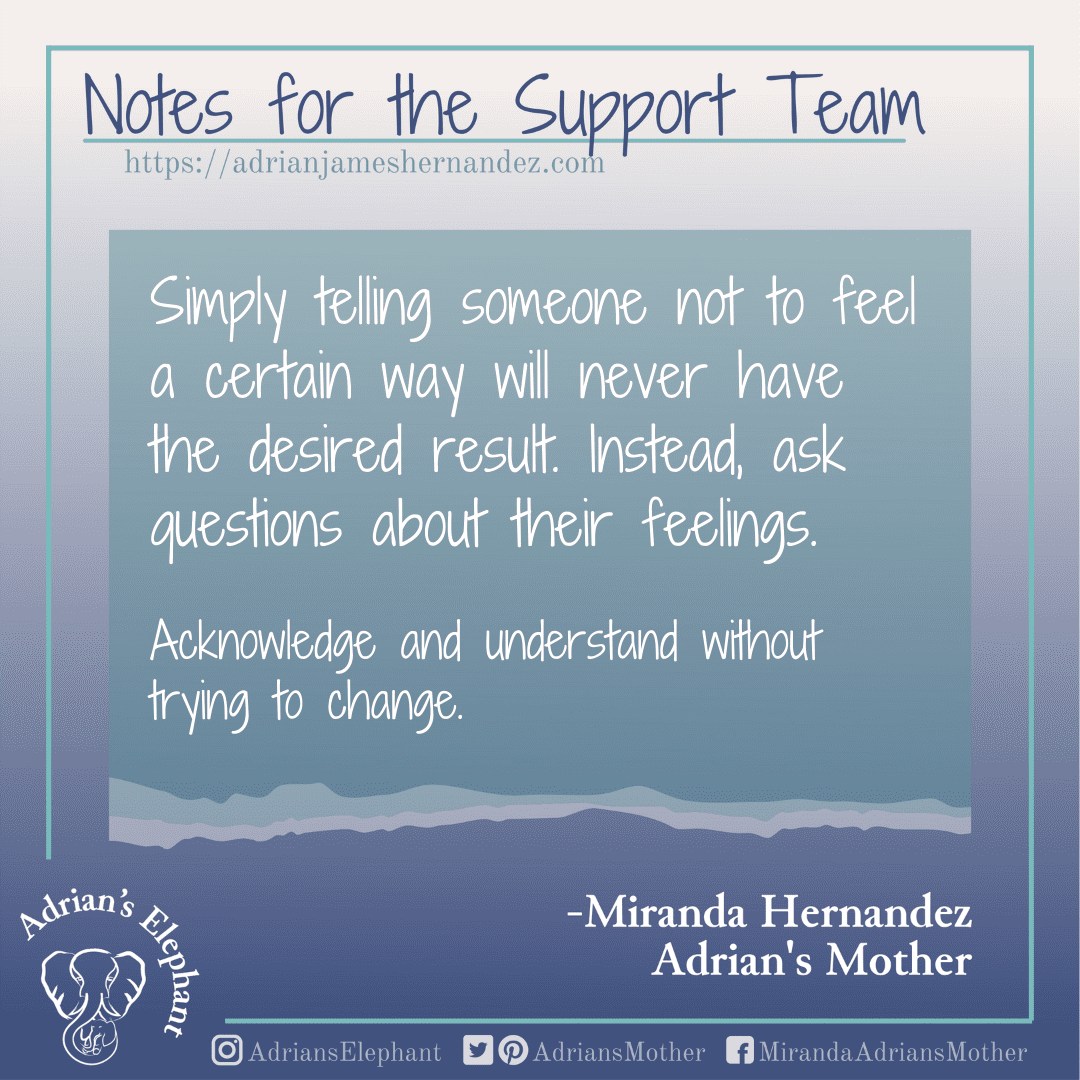
![This random act of kindness performed in memory of : [fill in the blank]. Please pass the kindness along to help keep their memory alive.](https://adrianselephantpanda2.s3.amazonaws.com/wp-content/uploads/2022/06/18095256/Act-Of-Kindness-In-Memory-Of-Card-2.png)

